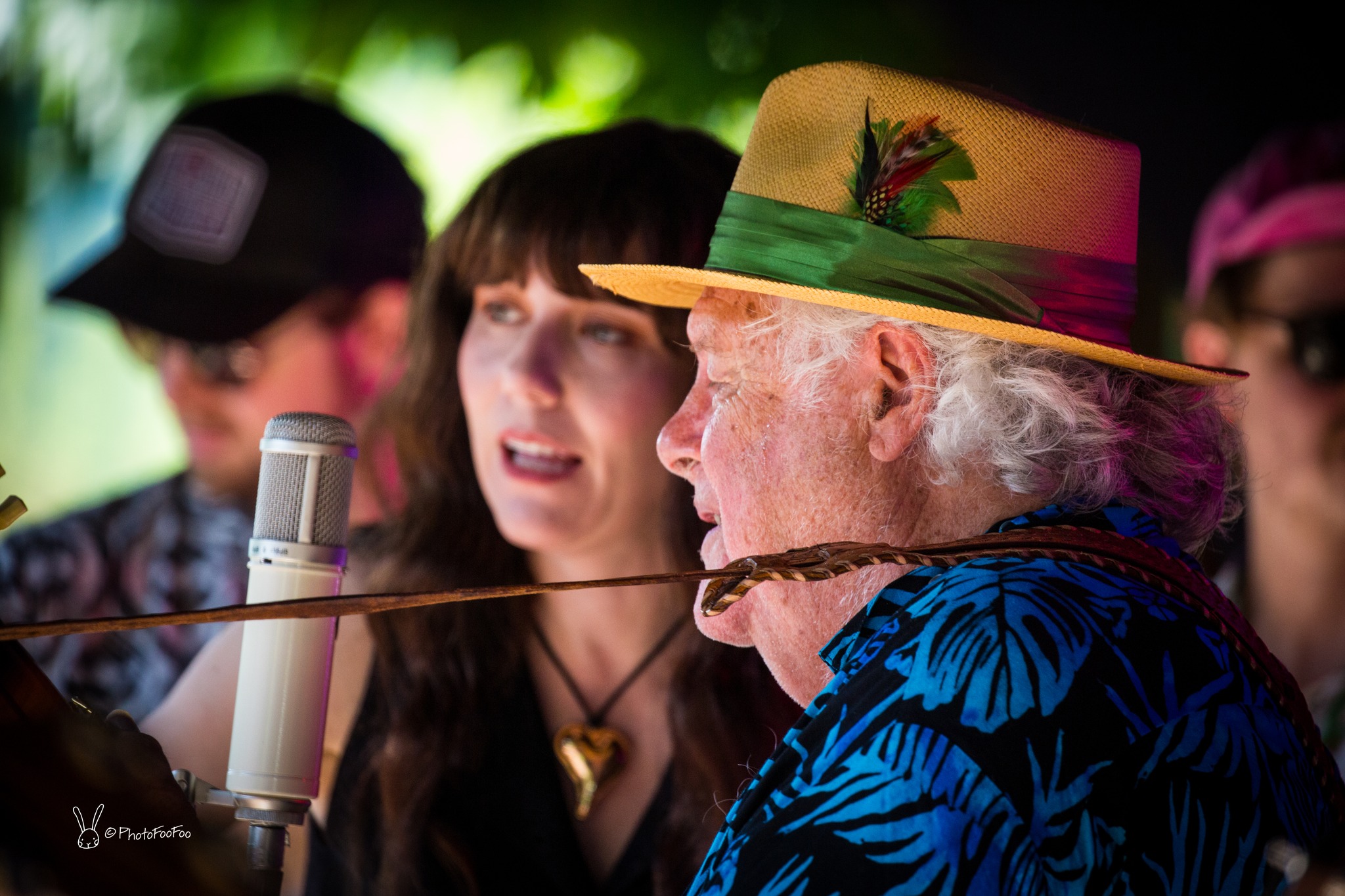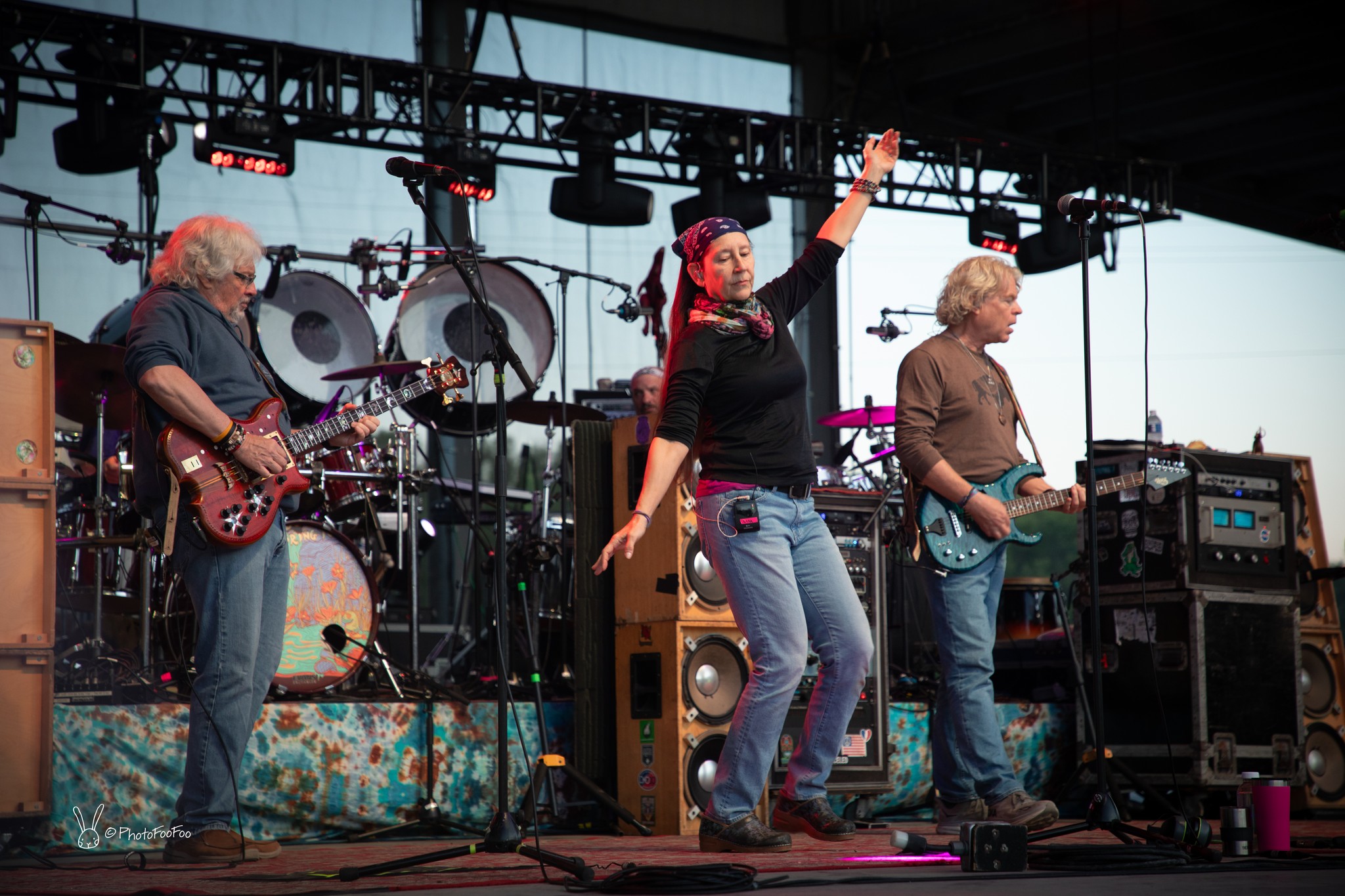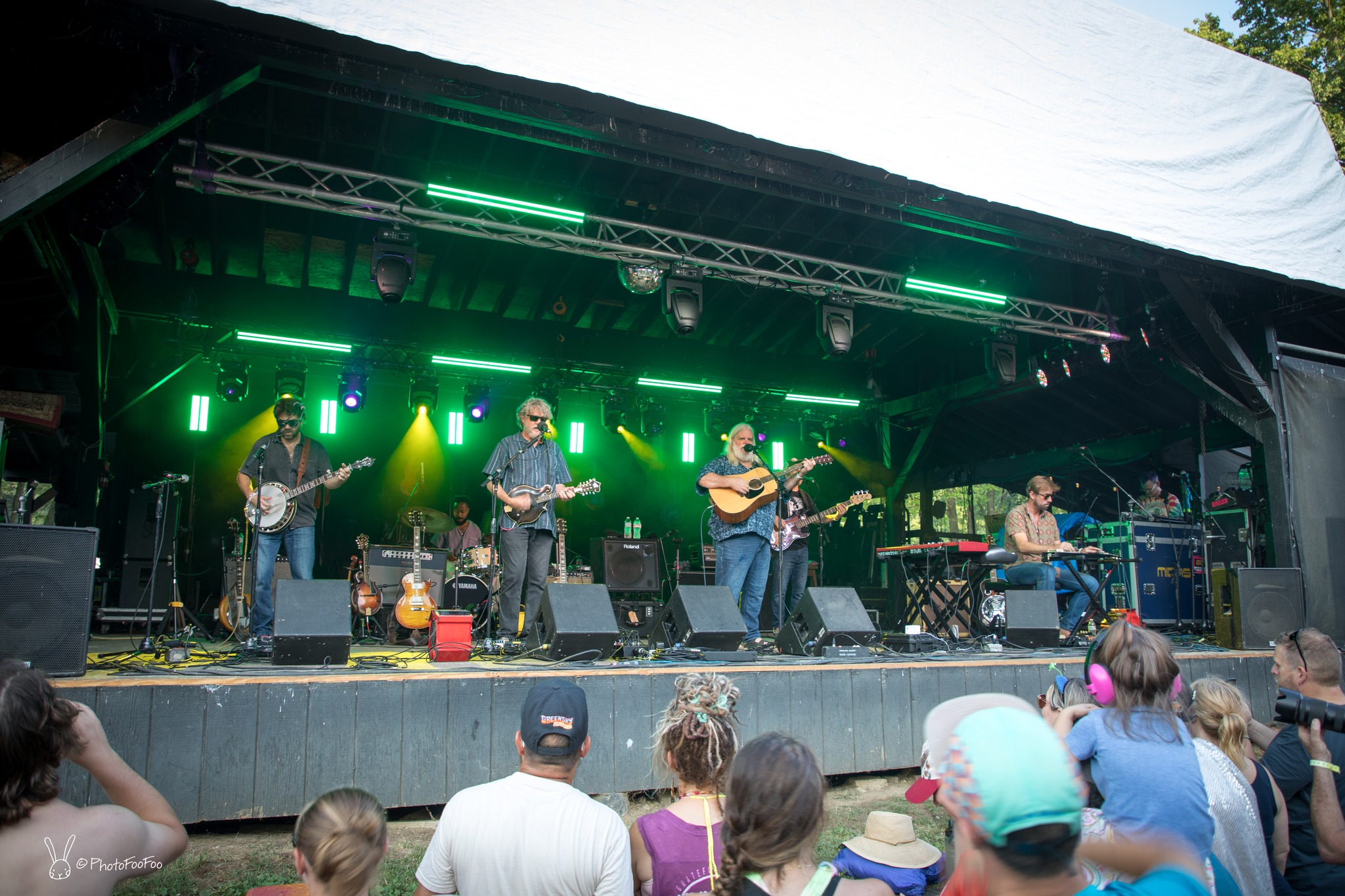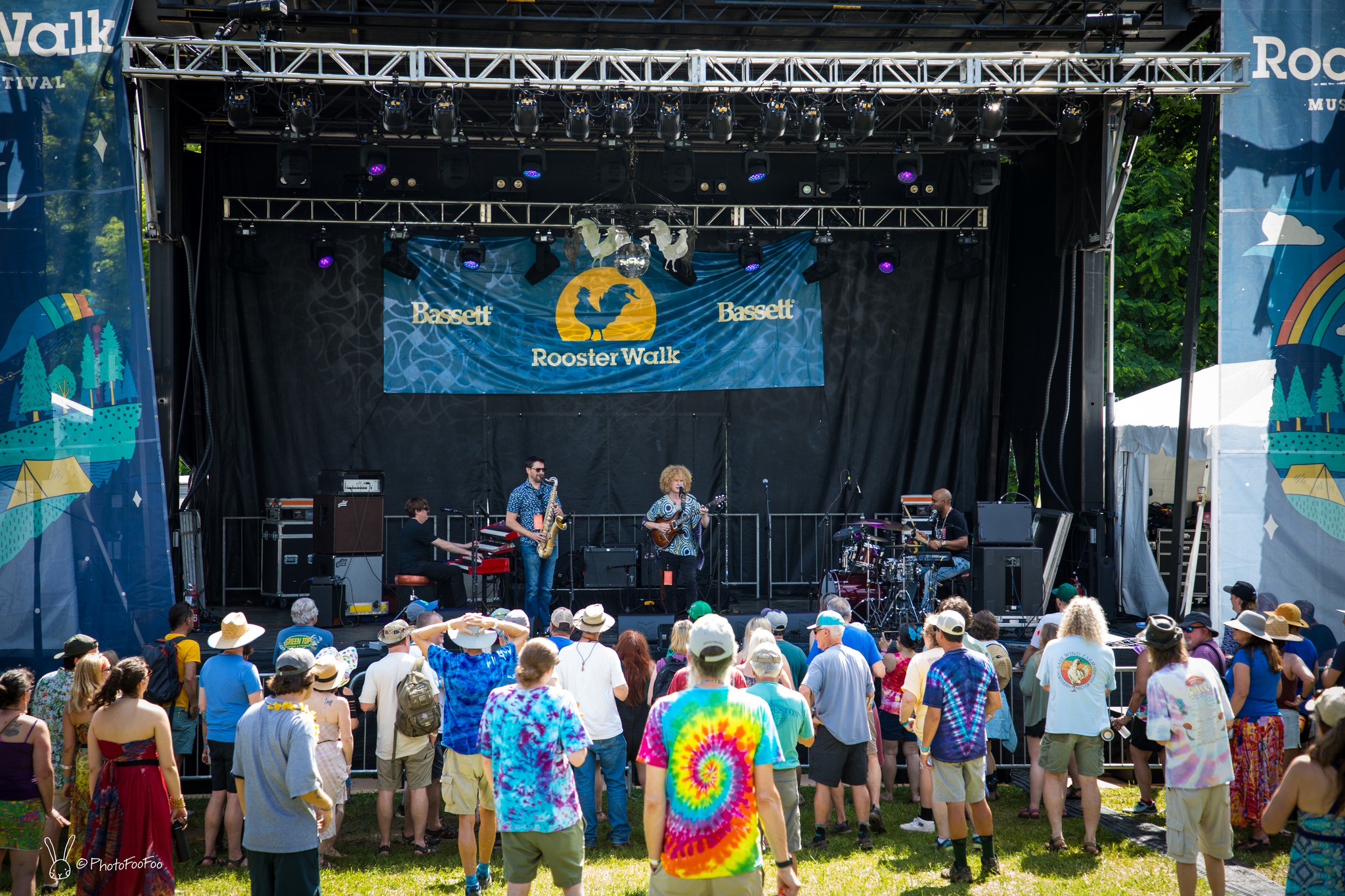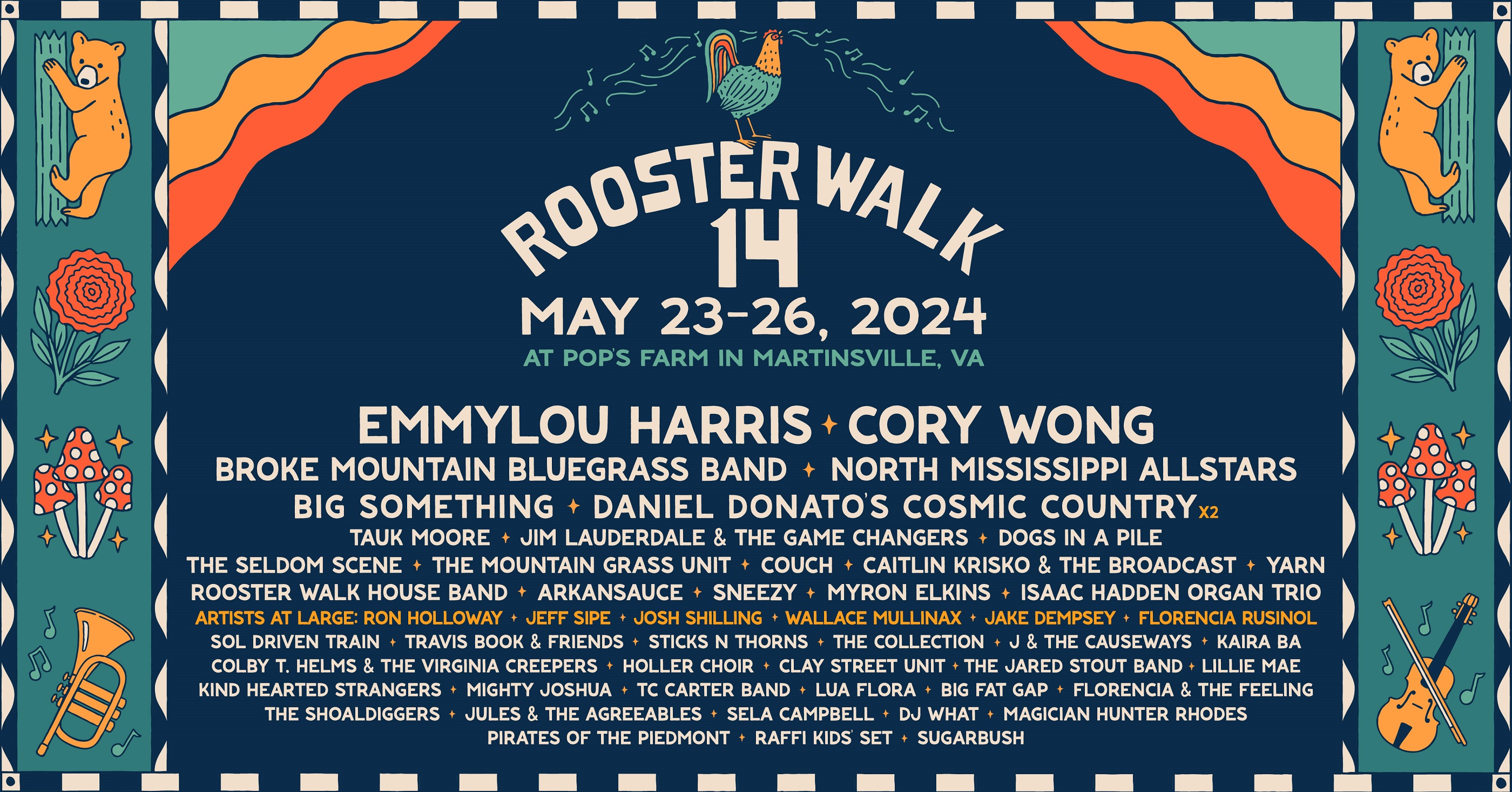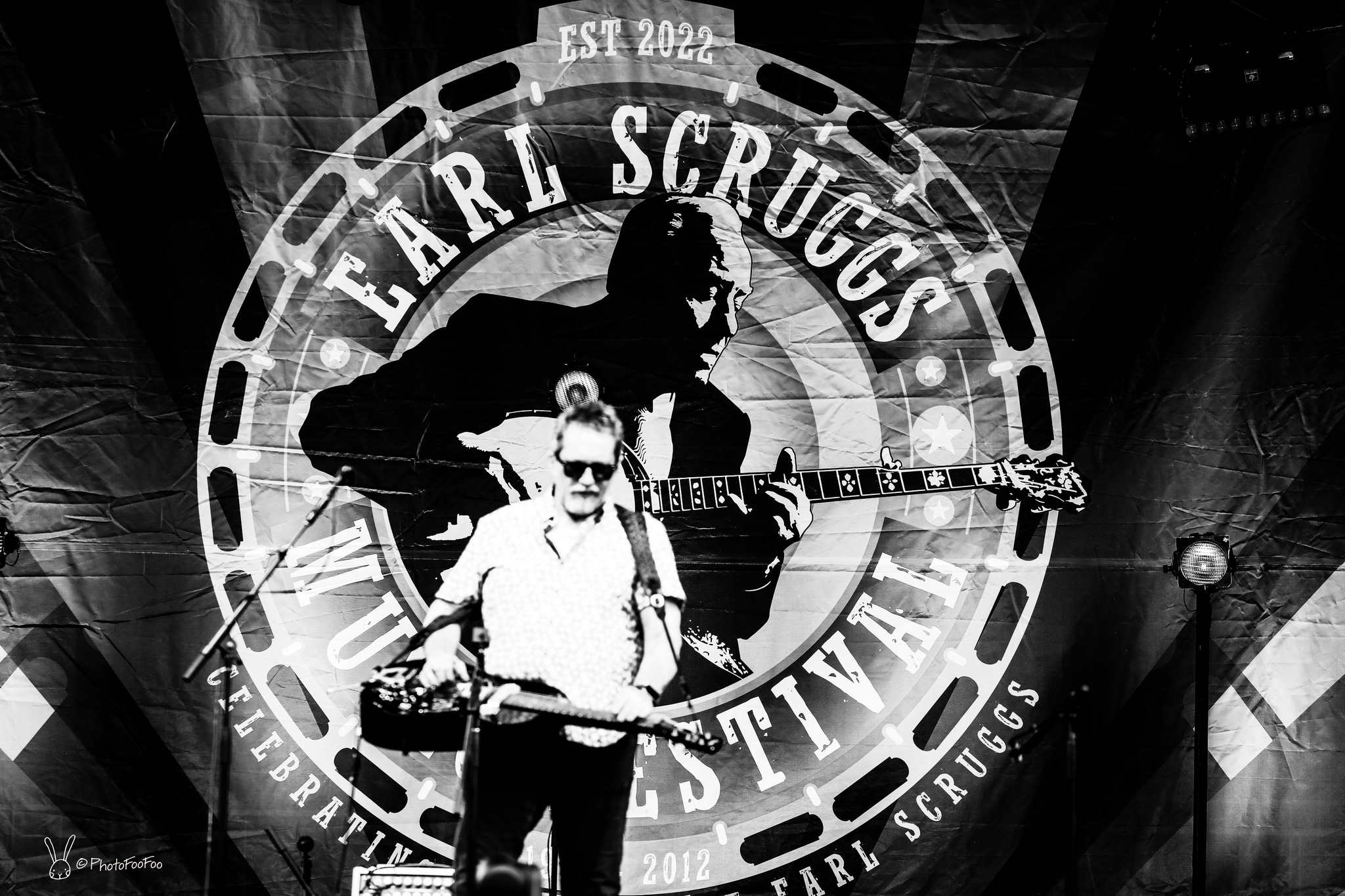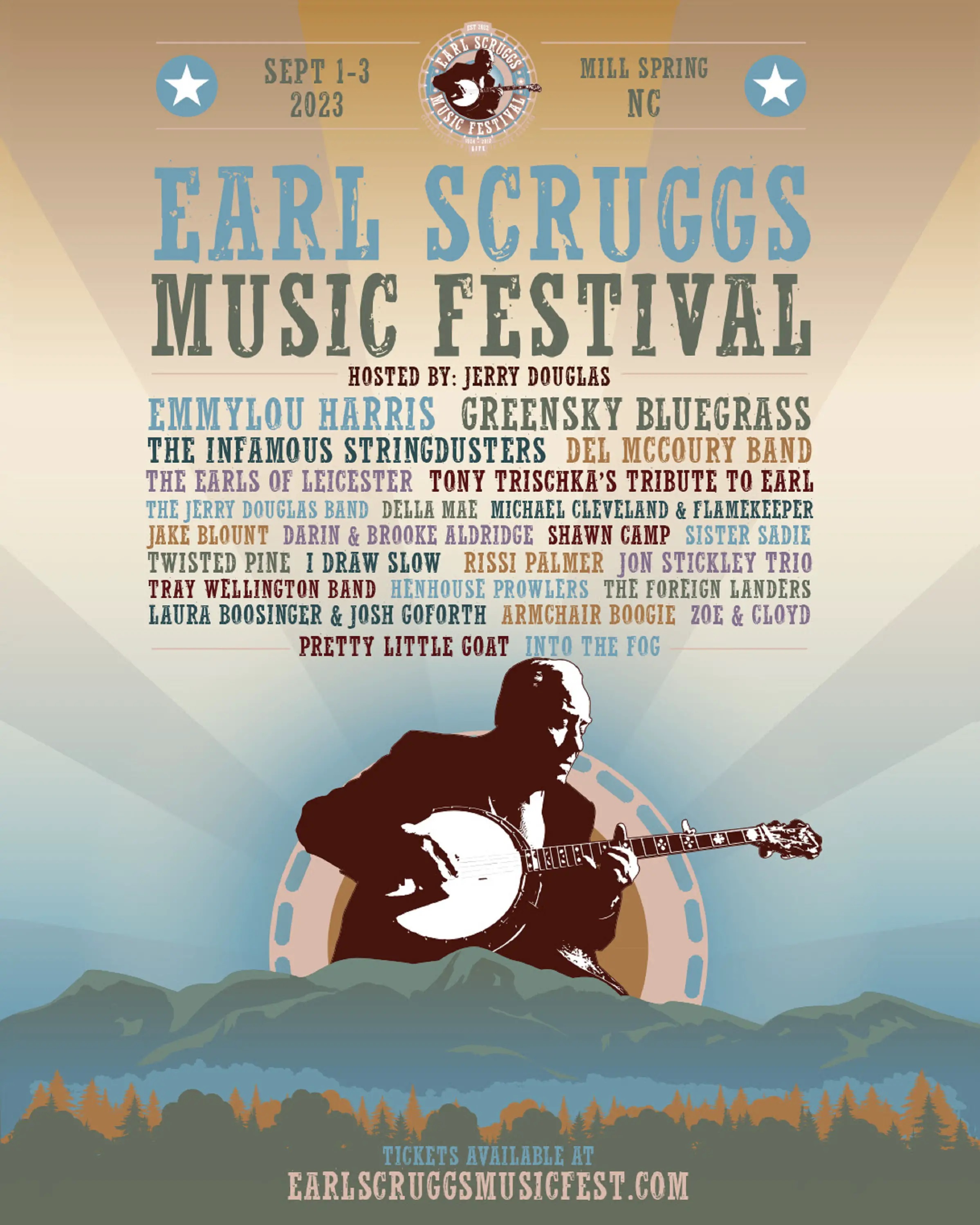I do not typically attend music festivals two years in a row. As a journalist who reviews festivals, I usually choose different ones each season, circling back only every few years to see how promoters have improved things. Yet over the Fourth of July weekend, I found myself once again at Nelson Ledges Quarry Park for the Grassfire Festival—barely a year since my last visit.
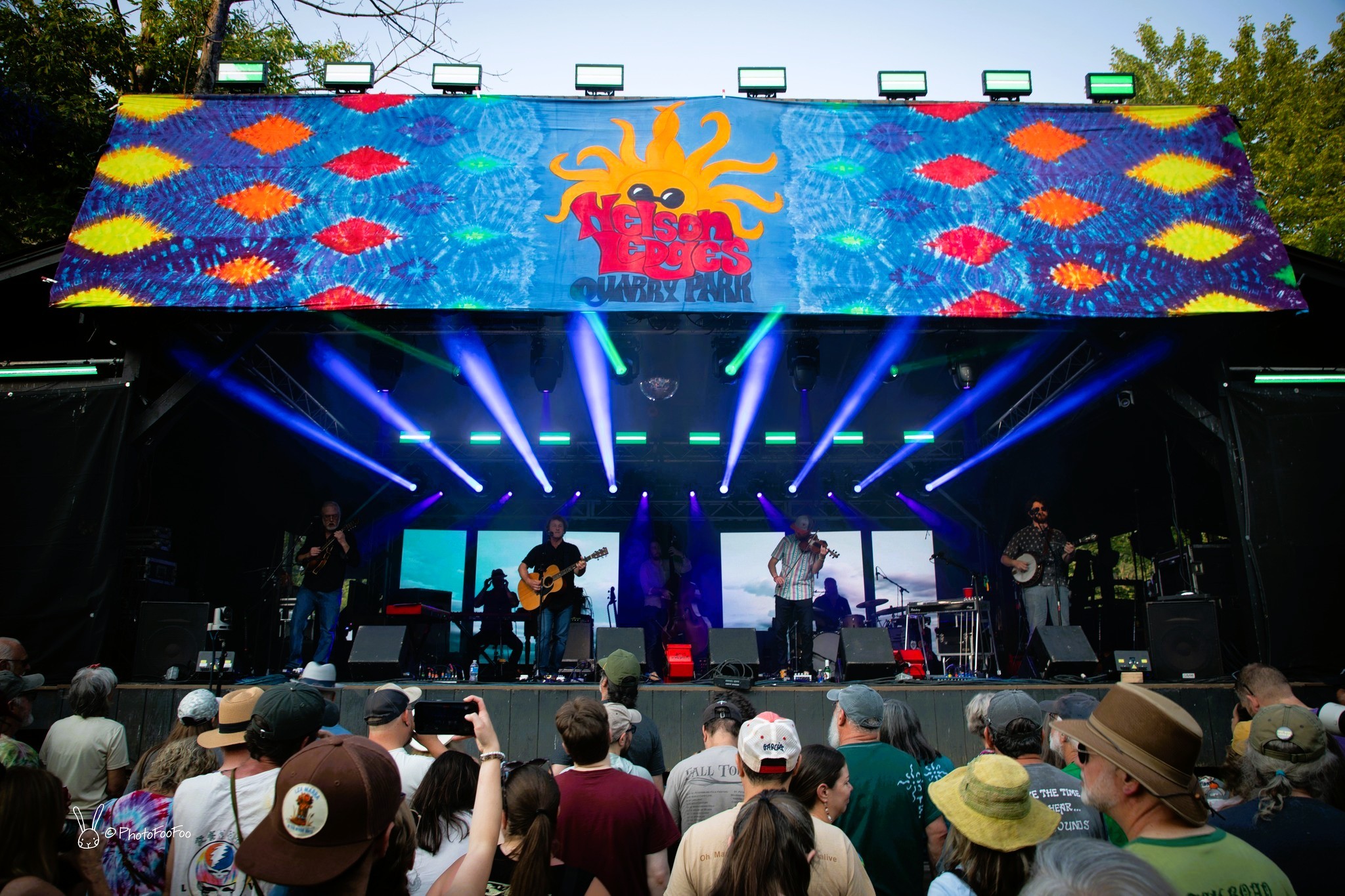
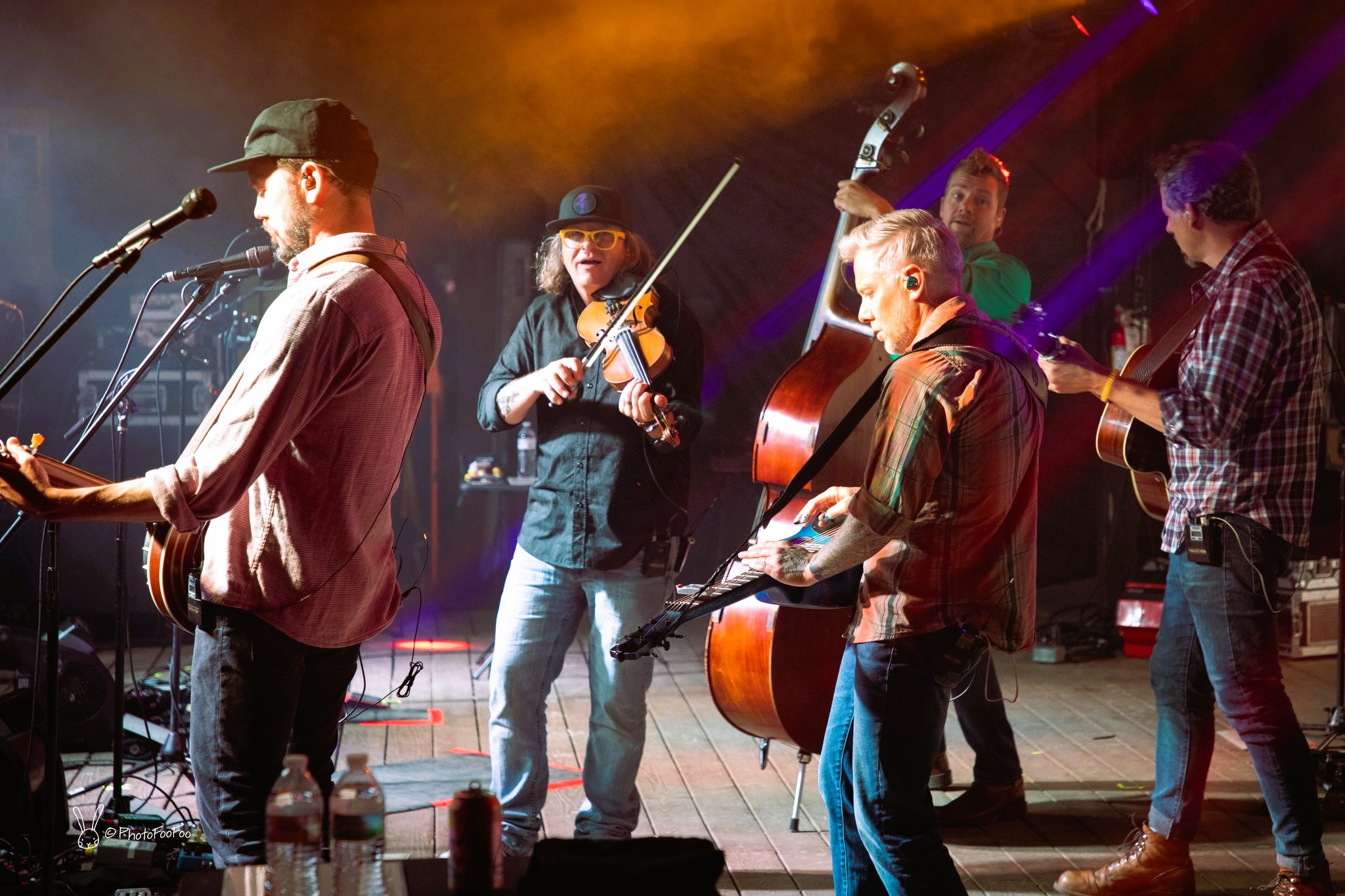
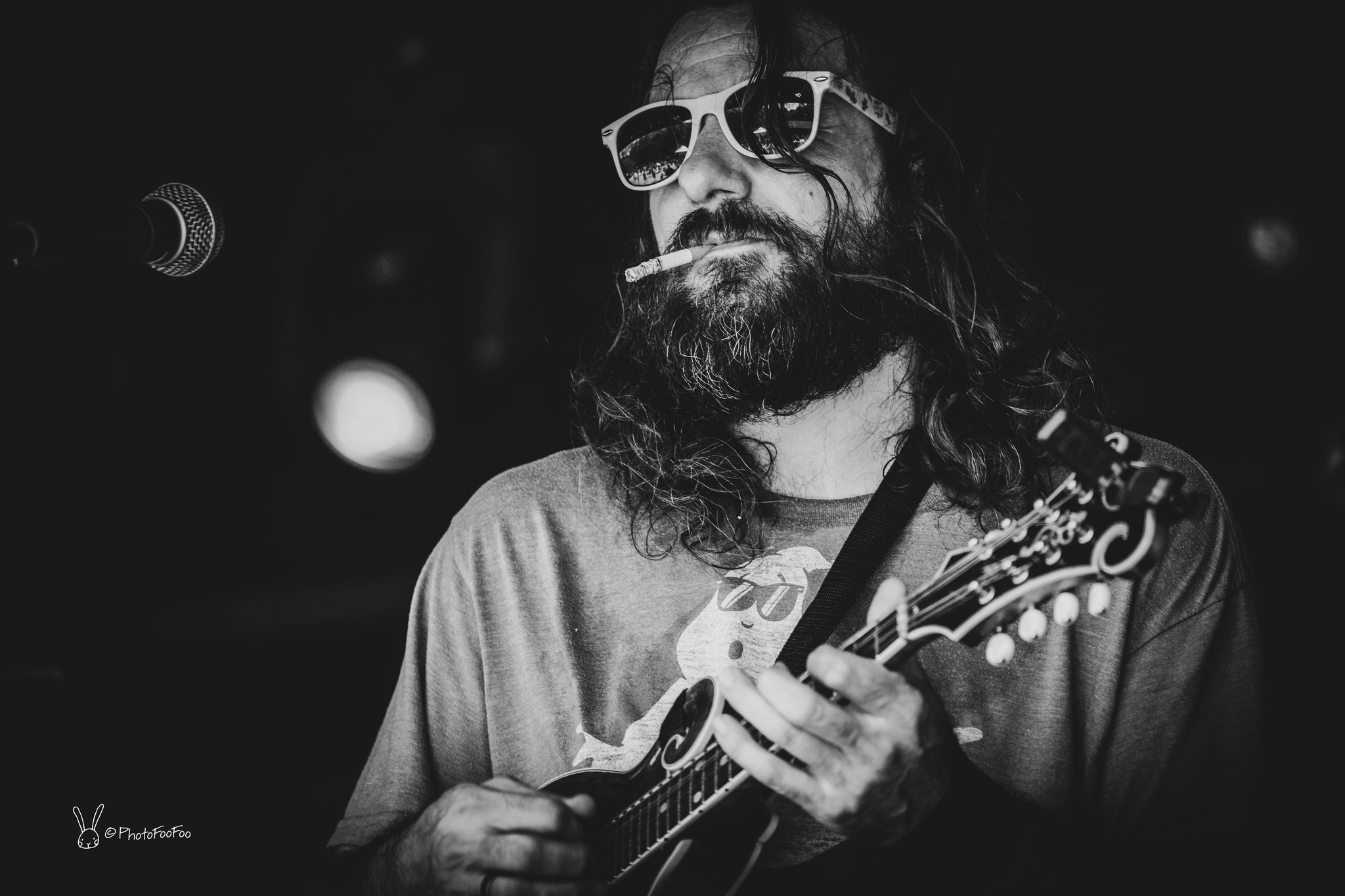
The lineup assembled by Evan Kelly for 2025 is quite possibly the best east of the Mississippi: a great mix of bluegrass traditionalists and modernists, accented with folk and rock. There were a few unavoidable absences—Sam Bush and his band, for example, wanted to play but couldn’t make the schedule work—but it’s a rare day when you get a Thursday bill like this: Rumpke Mountain Boys, Armchair Boogie, Railroad Earth, the Infamous Stringdusters, and Yonder Mountain String Band. Any of those last three is a legitimate headliner at most jam‑grass festivals, and the first two are stellar support acts on the rise. Three other bands filled the second stage between these sets. Thirteen straight hours of “you‑can’t‑miss‑this” jams on Day One is unheard‑of, which is why many festivarians arrived a night early and gladly paid the reasonable $30 per‑campsite surcharge.
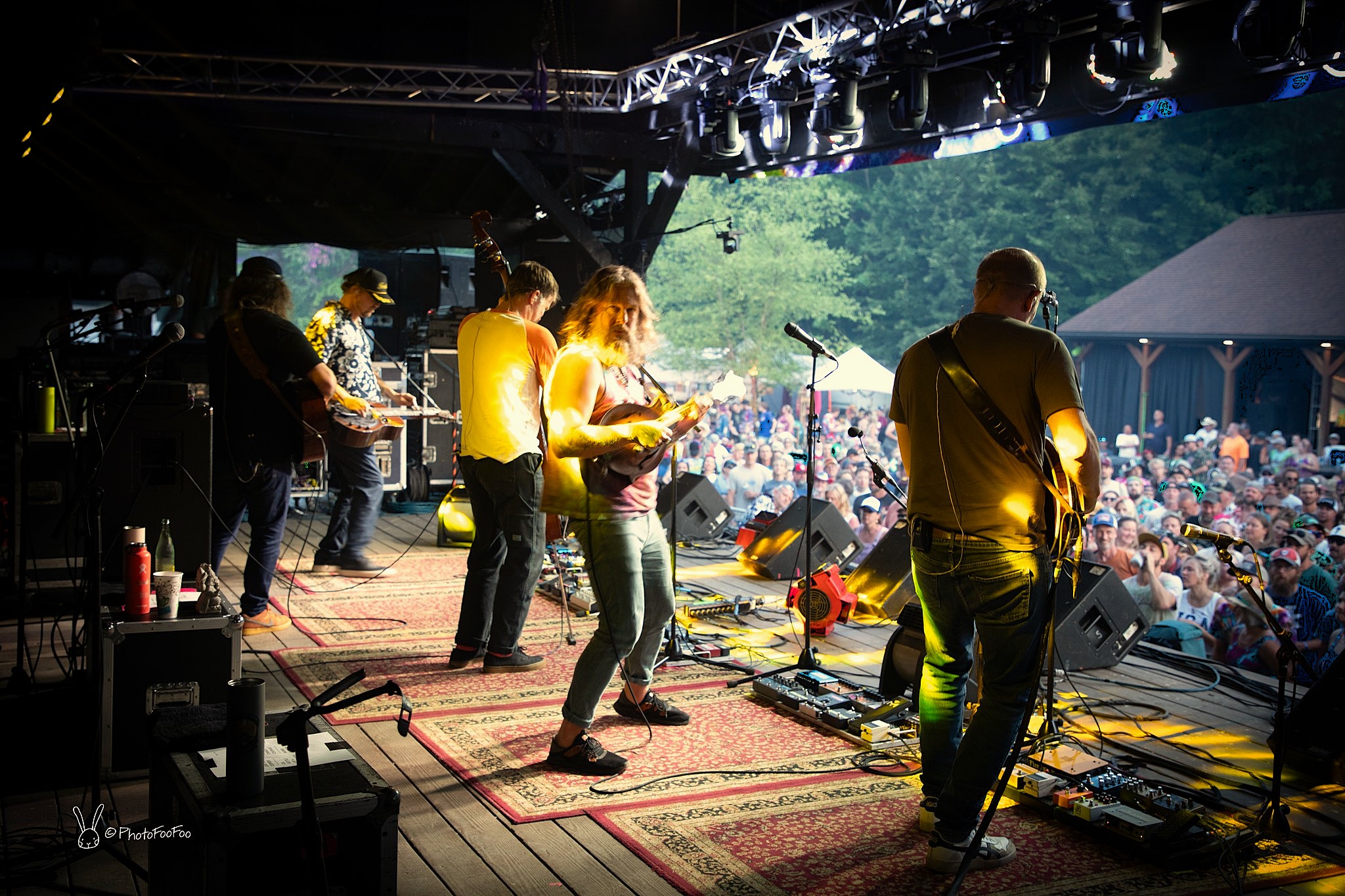
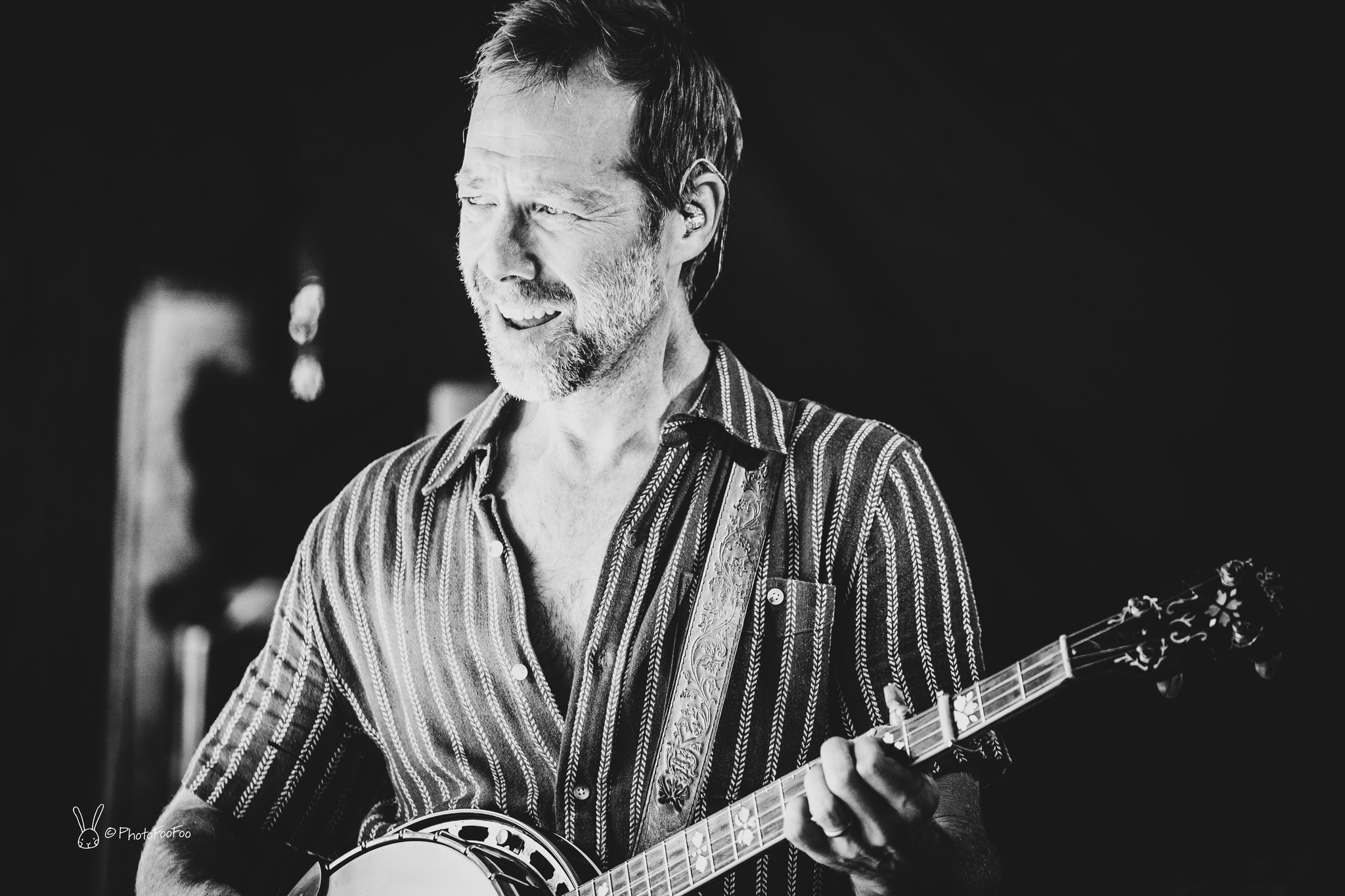
The jams stayed tasty all weekend. Friday’s main stage featured the David Mayfield Parade, the Steep Canyon Rangers (with an 83rd‑birthday sit‑in by Peter Rowan), the SteelDrivers, and two sets from Michigan’s own Greensky Bluegrass, punctuated by a fireworks display over the lake during Greensky’s break. The Whiskey Drunks, the Steel Wheels, and Asheville’s Fireside Collective handled second‑stage duties, with Fireside especially well‑received. The night capped off with a late‑night set by multi‑award‑winning fiddler extraordinaire Michael Cleveland.
Saturday brought more of the same—another “Groundhog Day” of world‑class grass. Henhouse Prowlers opened with a workshop, sharing stories from their work as Bluegrass Ambassadors and teaching the crowd a song from one of the ’Stans (Kazakhstan, I think).
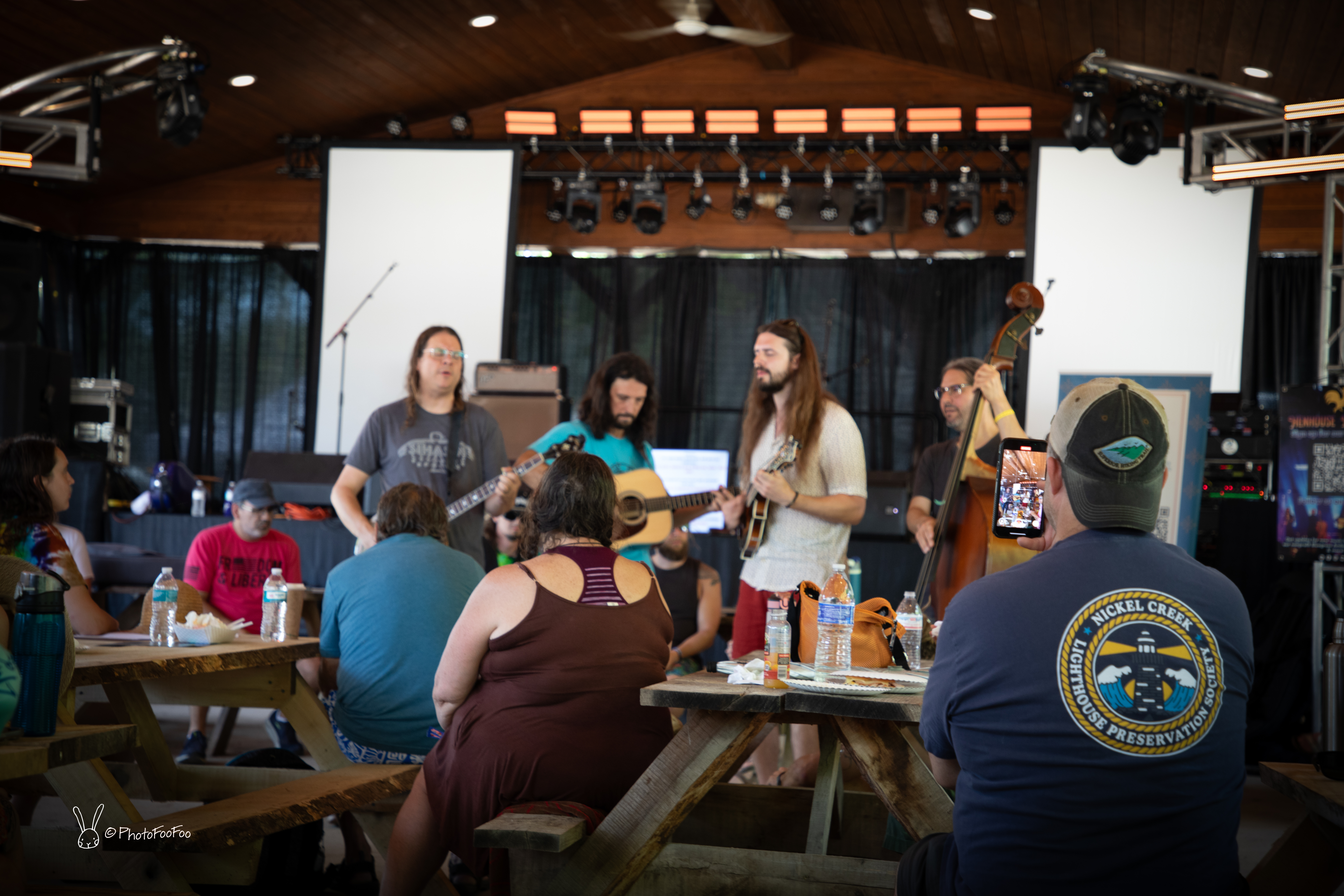
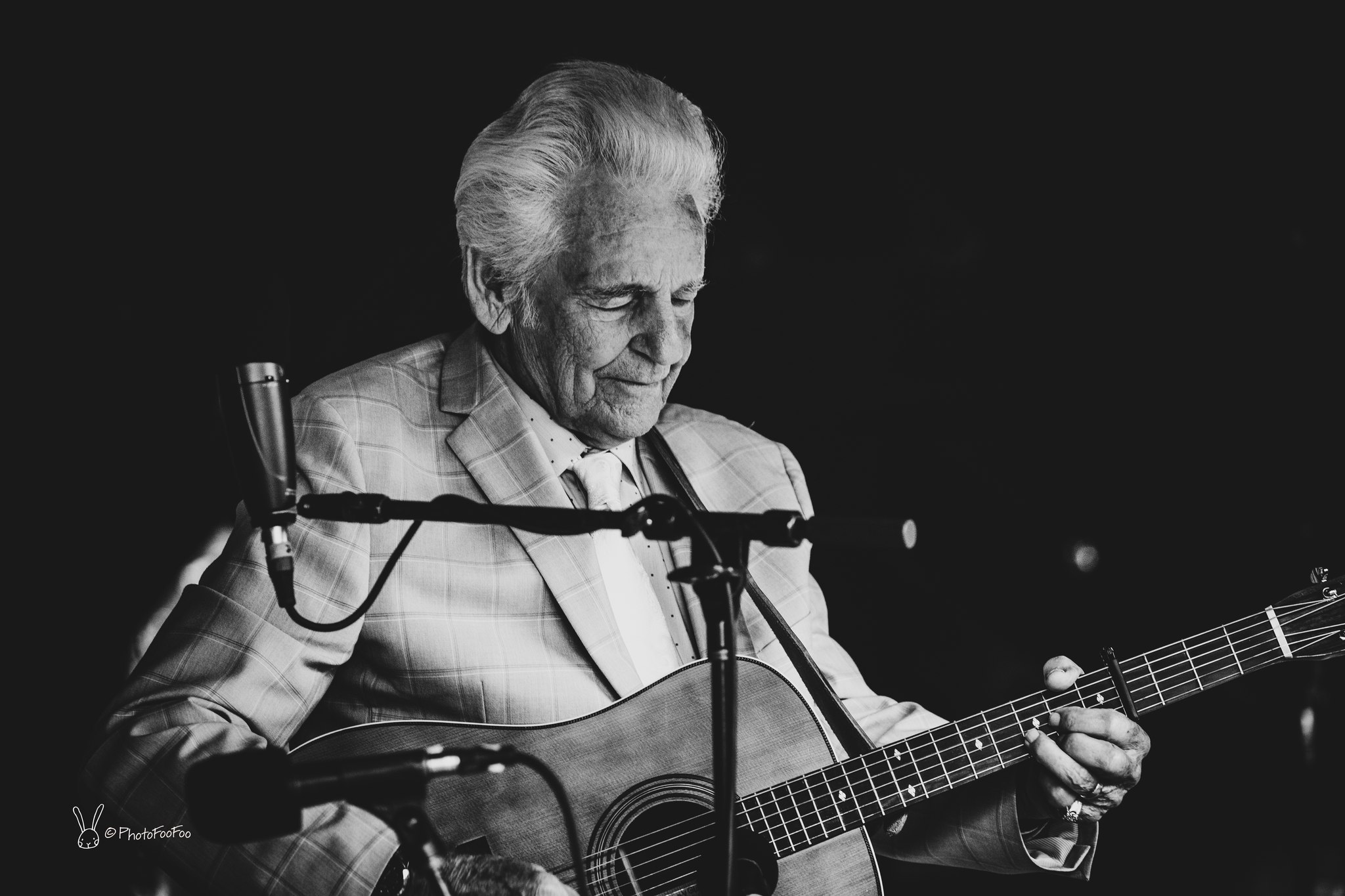
Kyle Tuttle followed with a rare festival set backed by a pick‑up band that included former Golden Highway bandmate Bronwyn Keith‑Hynes and bassist Geoff Saunders, whose slap‑a‑delic style packed serious punch. The Travelin’ McCourys delivered a spirited mid‑afternoon set before changing into formal wear for another with Del McCoury; new fiddler Christian Ward even took a surprise vocal turn. Between those sets, the Rowan/Grisman Project played with special guest Molly Tuttle before closing the main stage. The Rumpke Boys book‑ended the festival, wrapping things up with a burner set of self‑styled “trashgrass.”
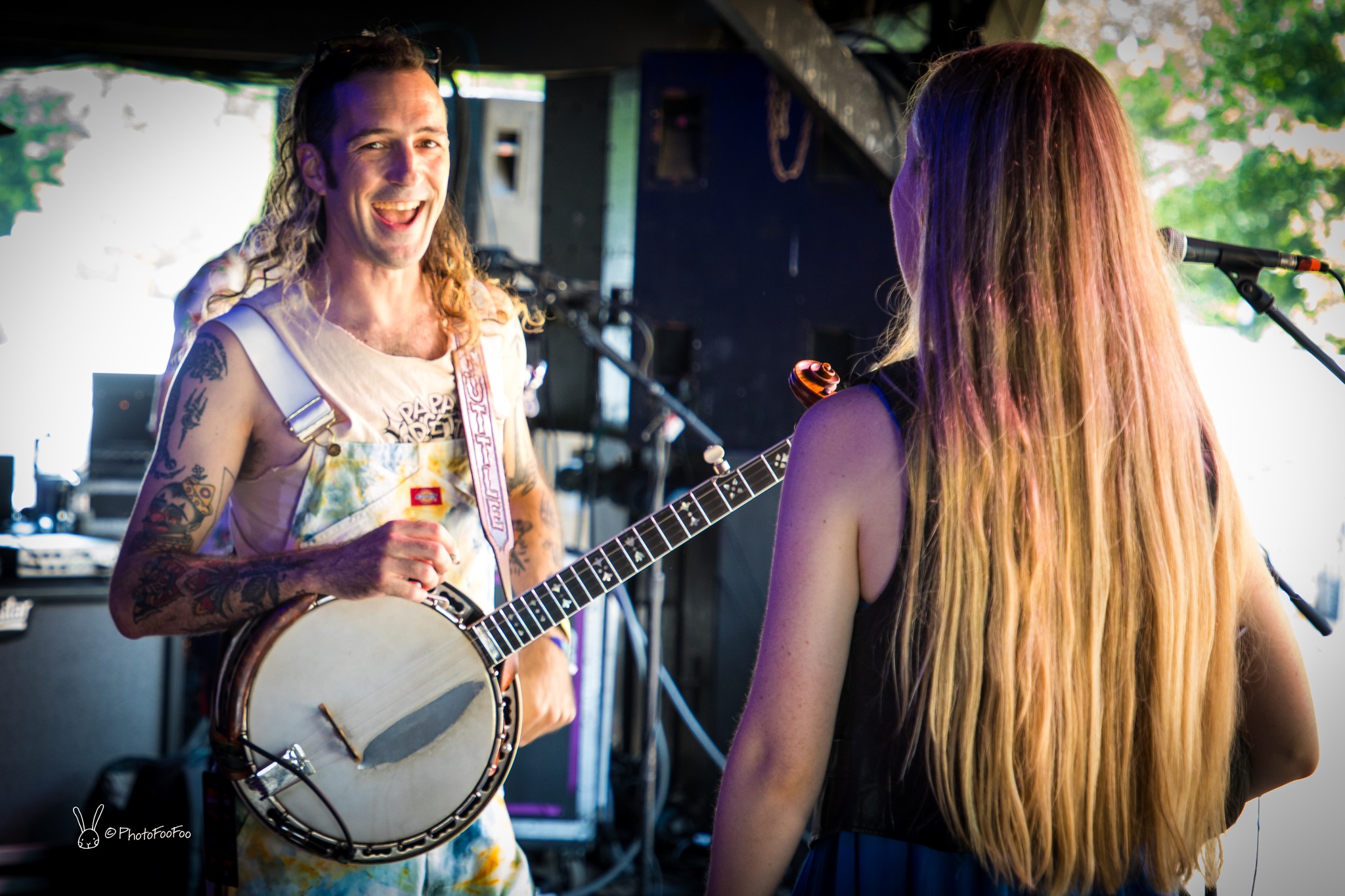
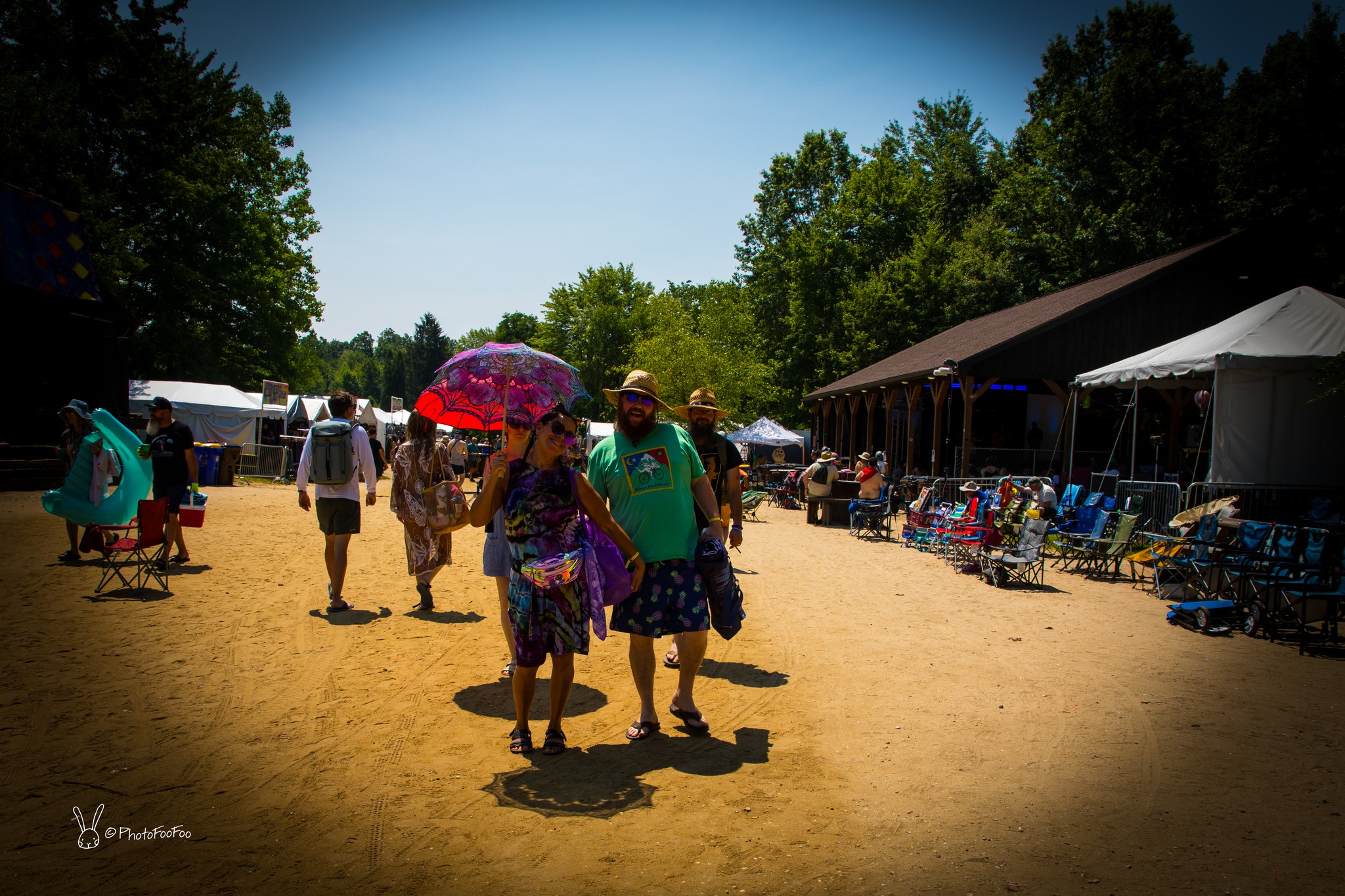
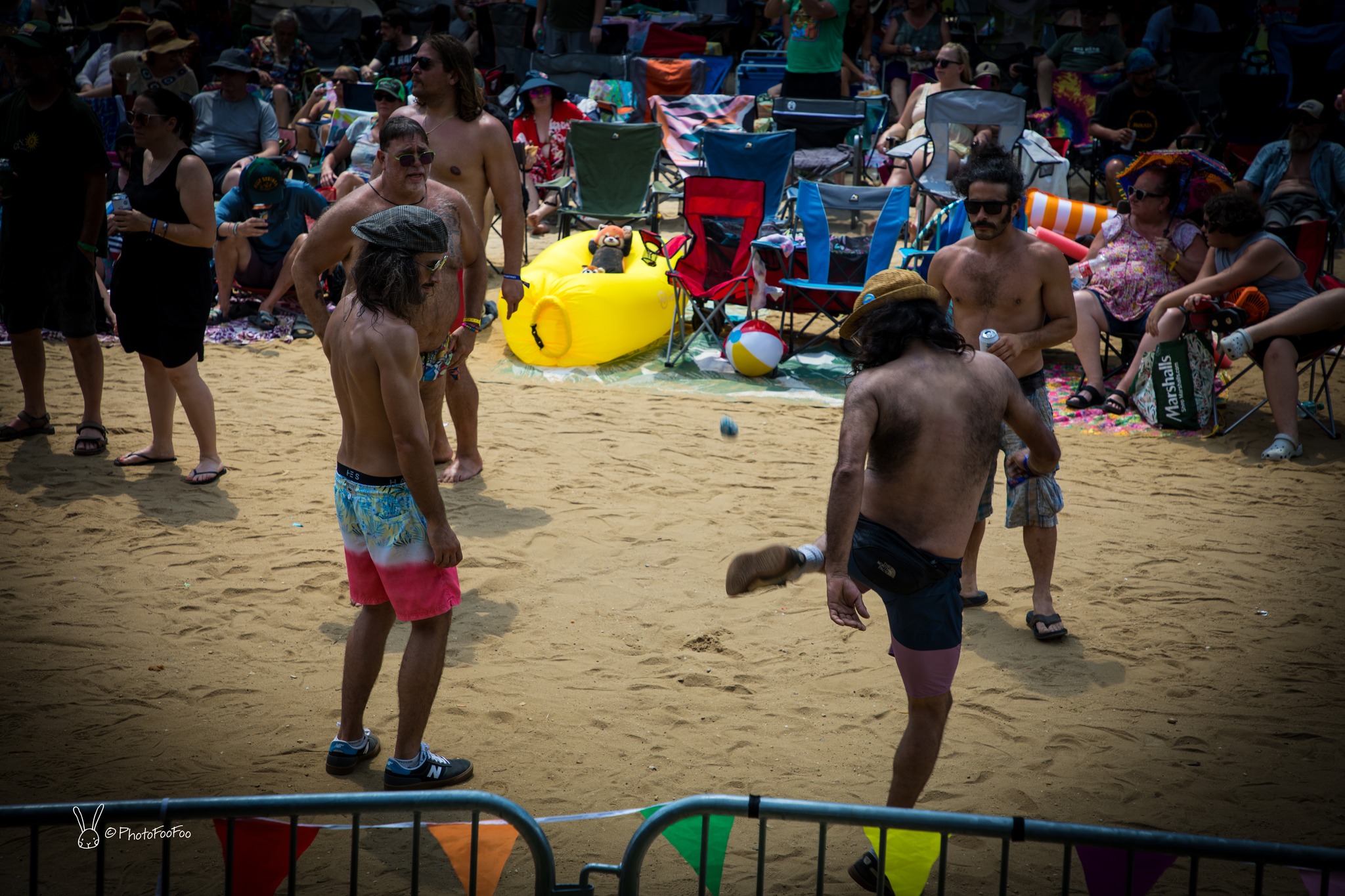
The grounds themselves have changed little since last year—same stages, largely the same staff and vendors. Althea’s remains the best place to eat (short of raiding your own cooler), and Lil Lucy still hands out ice‑cream bars from her familiar post. The beach and lake are as refreshing as ever, and the BYOB policy is unchanged.
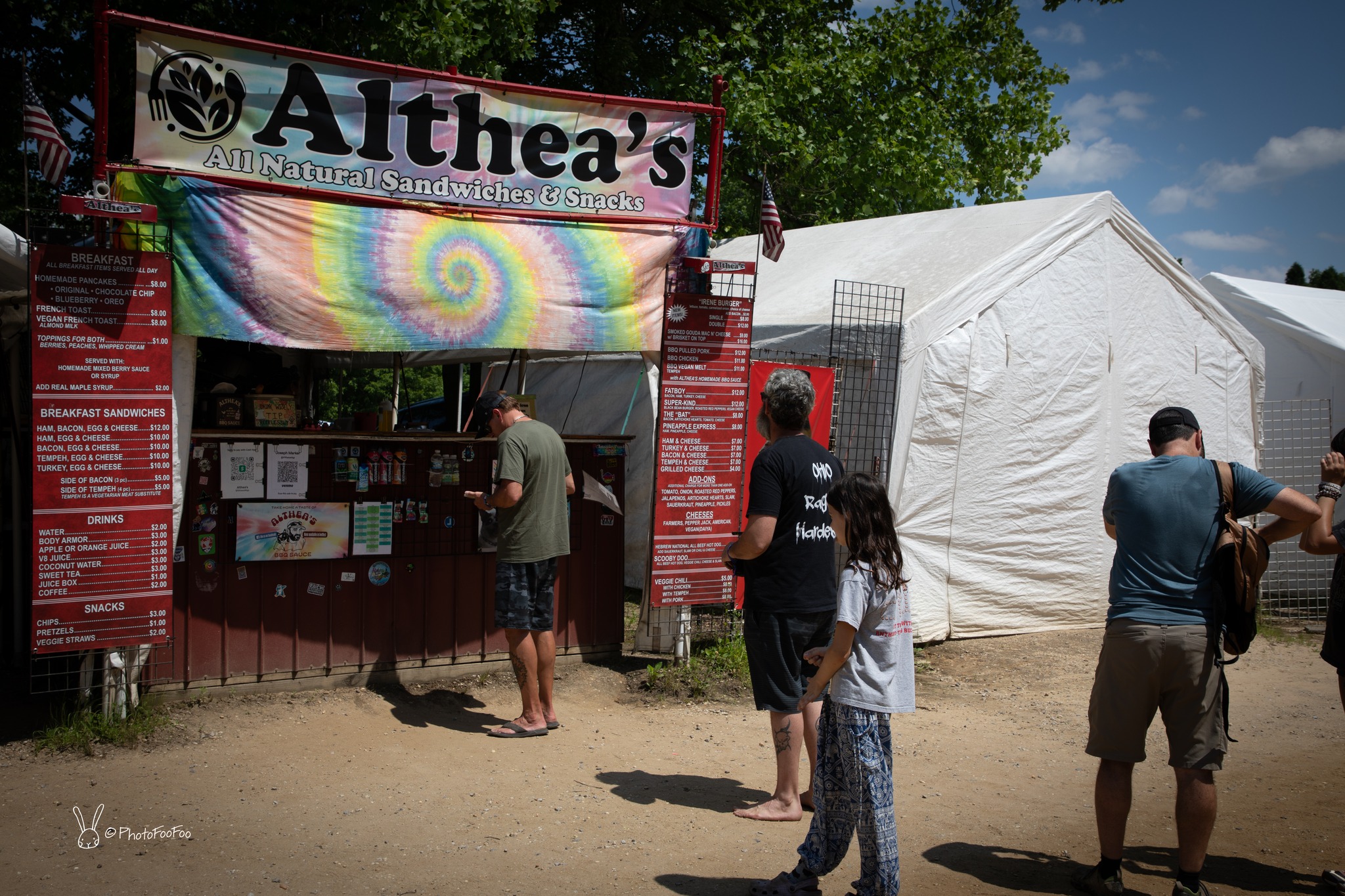
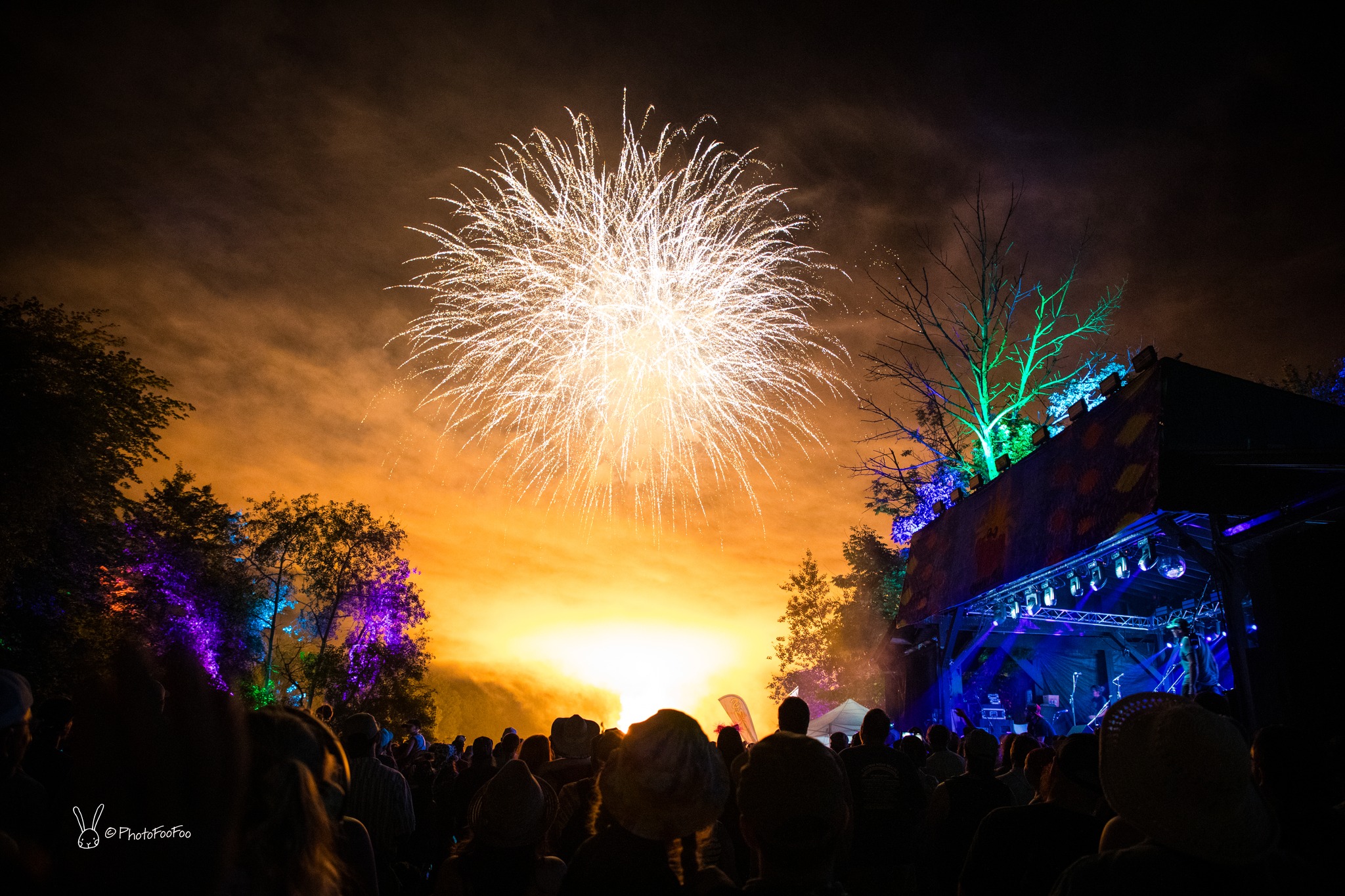
Check‑in at noon on Thursday was typical: a quick car search for weapons, glass, and—because it was the Fourth—fireworks. After wrist‑banding, a staffer in a golf cart led clusters of cars to open campsites around the quarry. First‑timers in my group were surprised by how far the sites can be from the stage area; if you’d rather not walk, reserve a closer spot for a small fee, or bring kayaks and paddle across the lake to the shows, as some do.
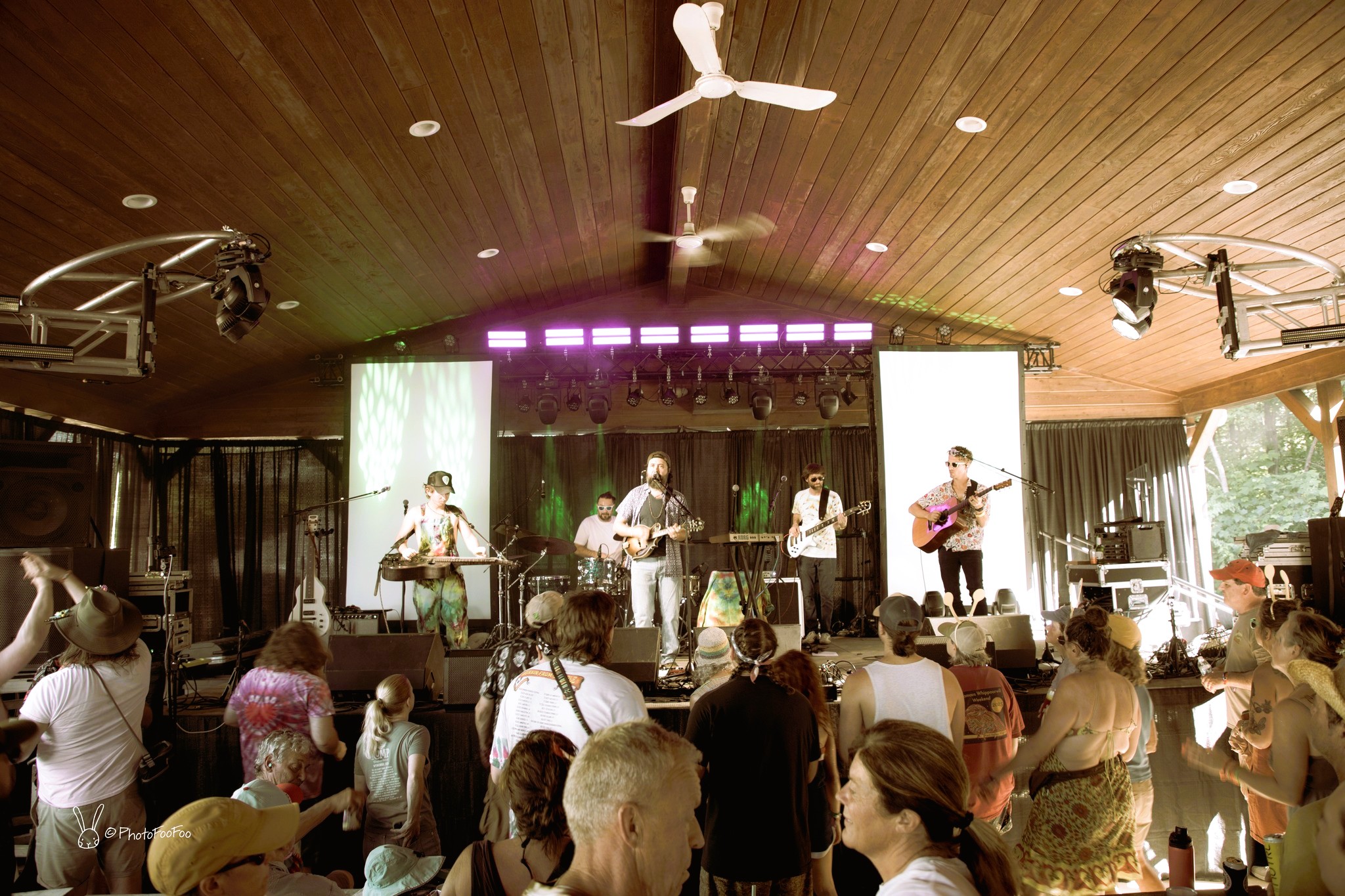
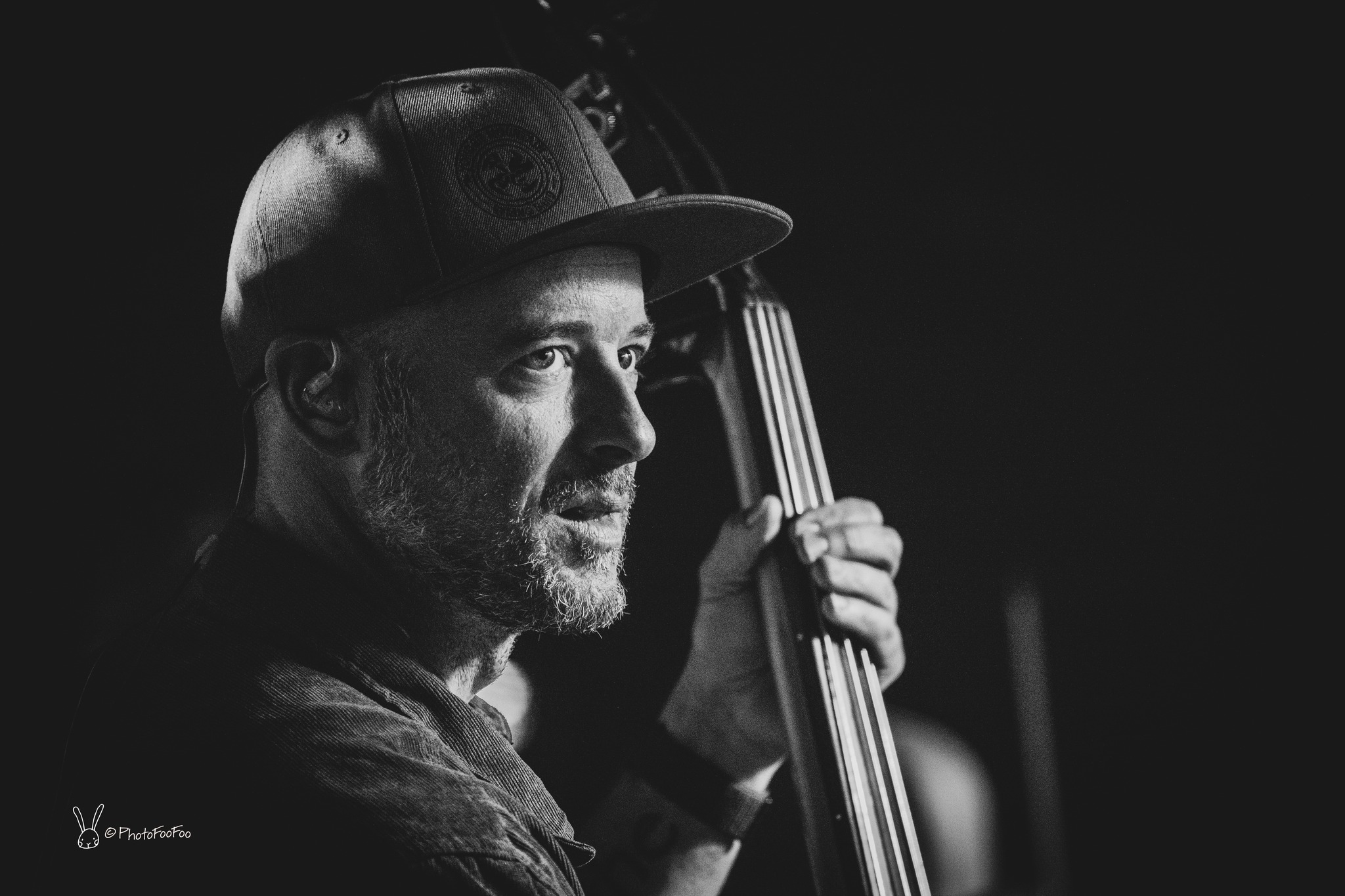
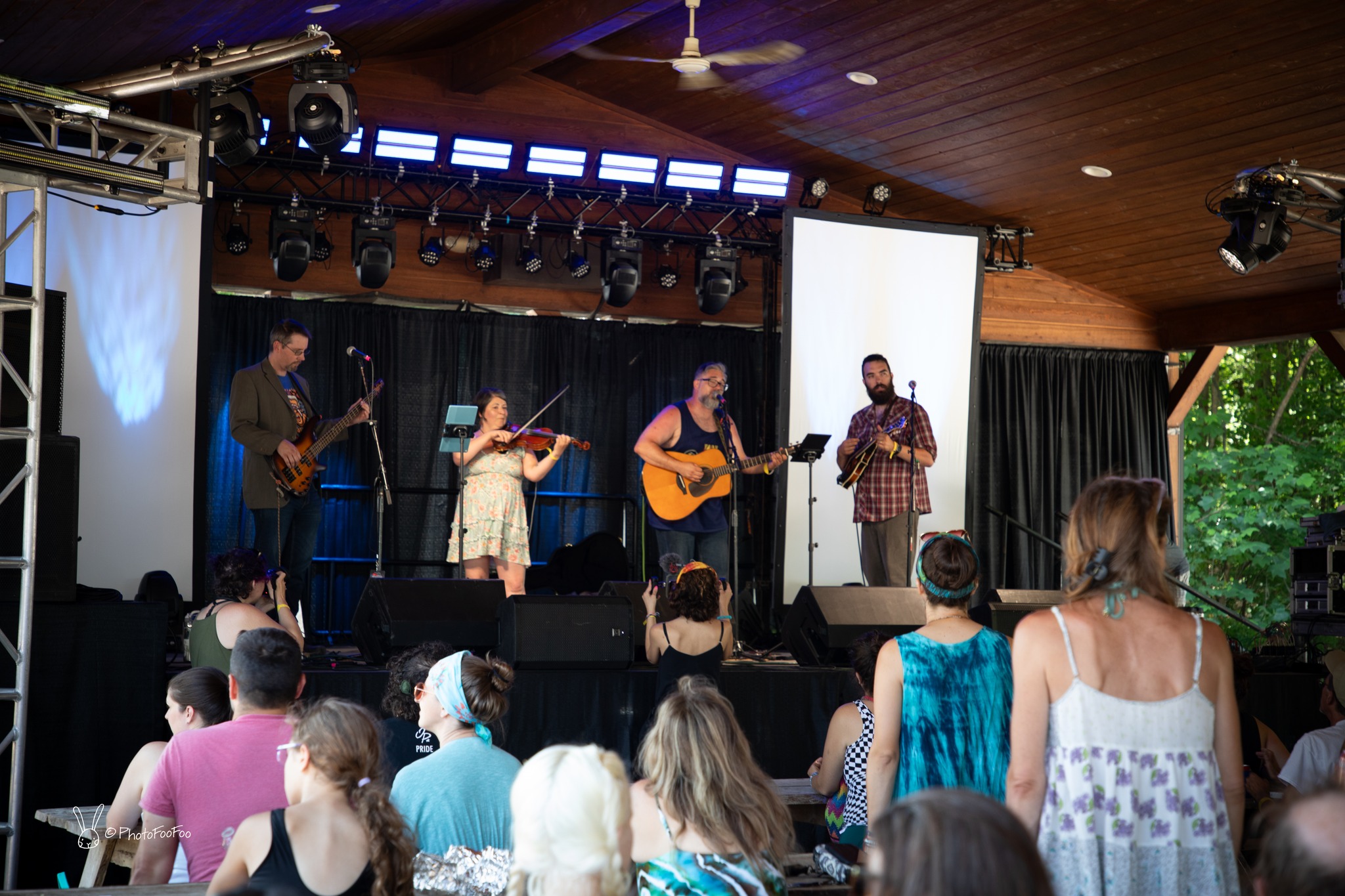
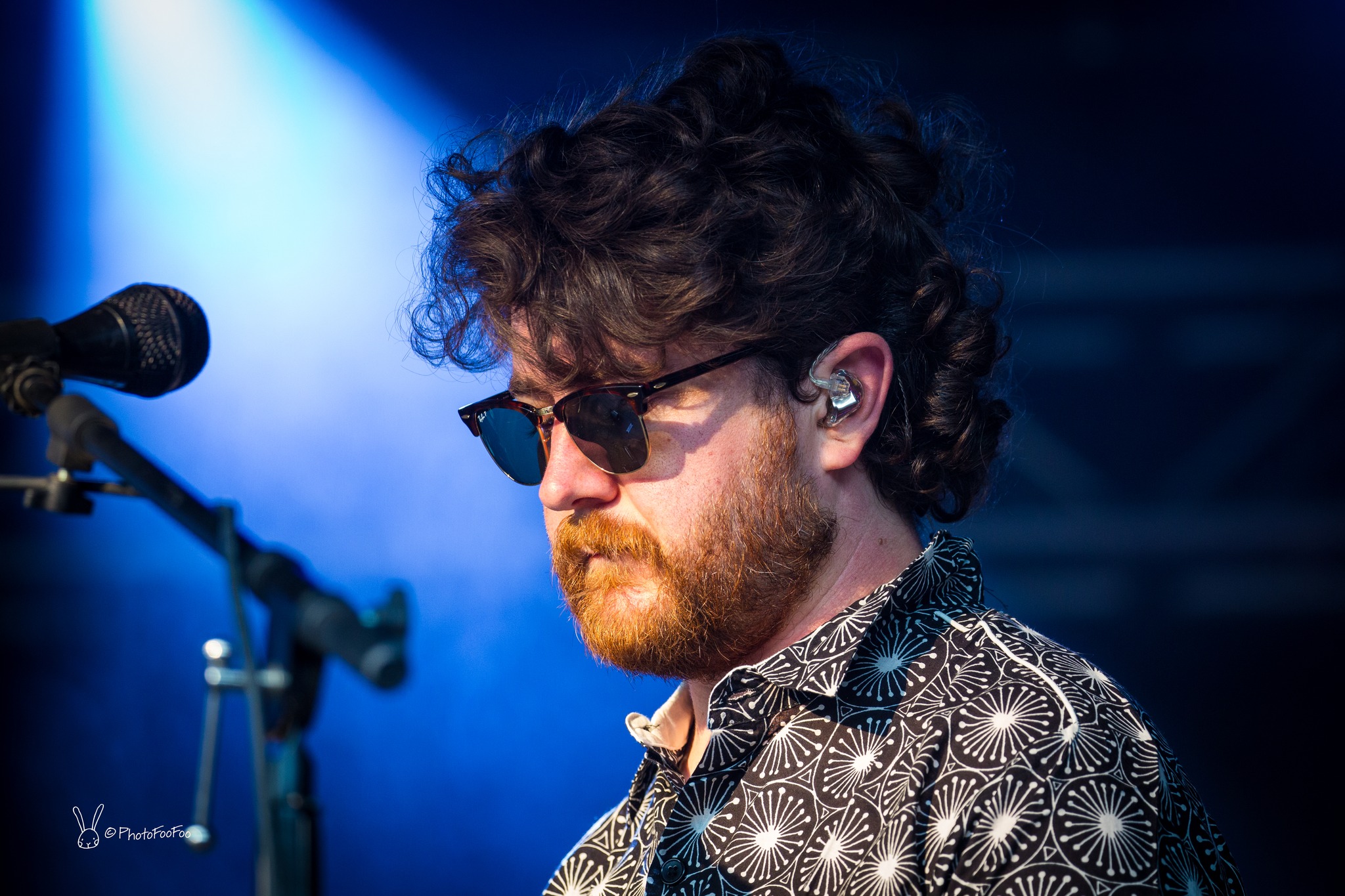
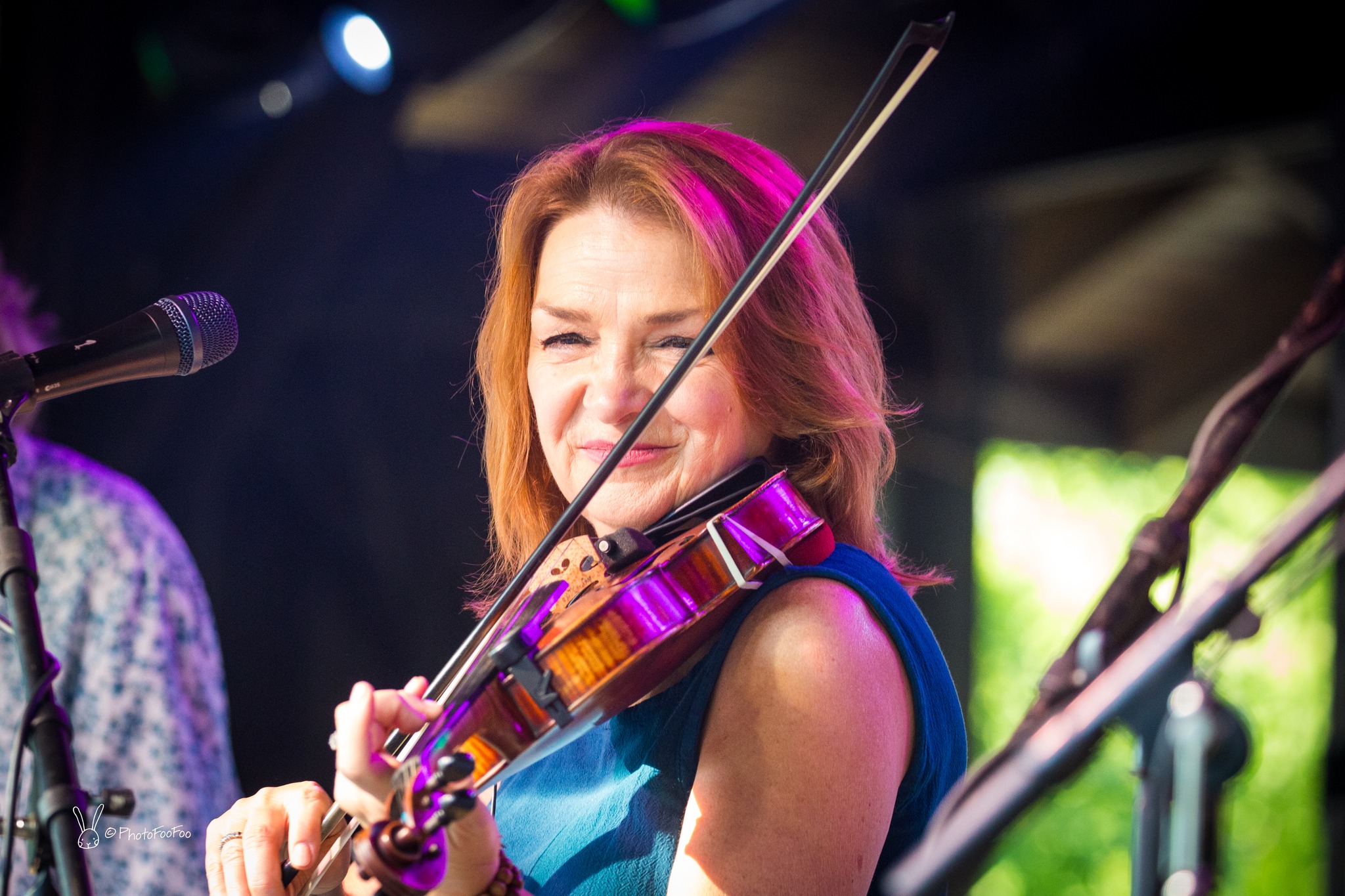
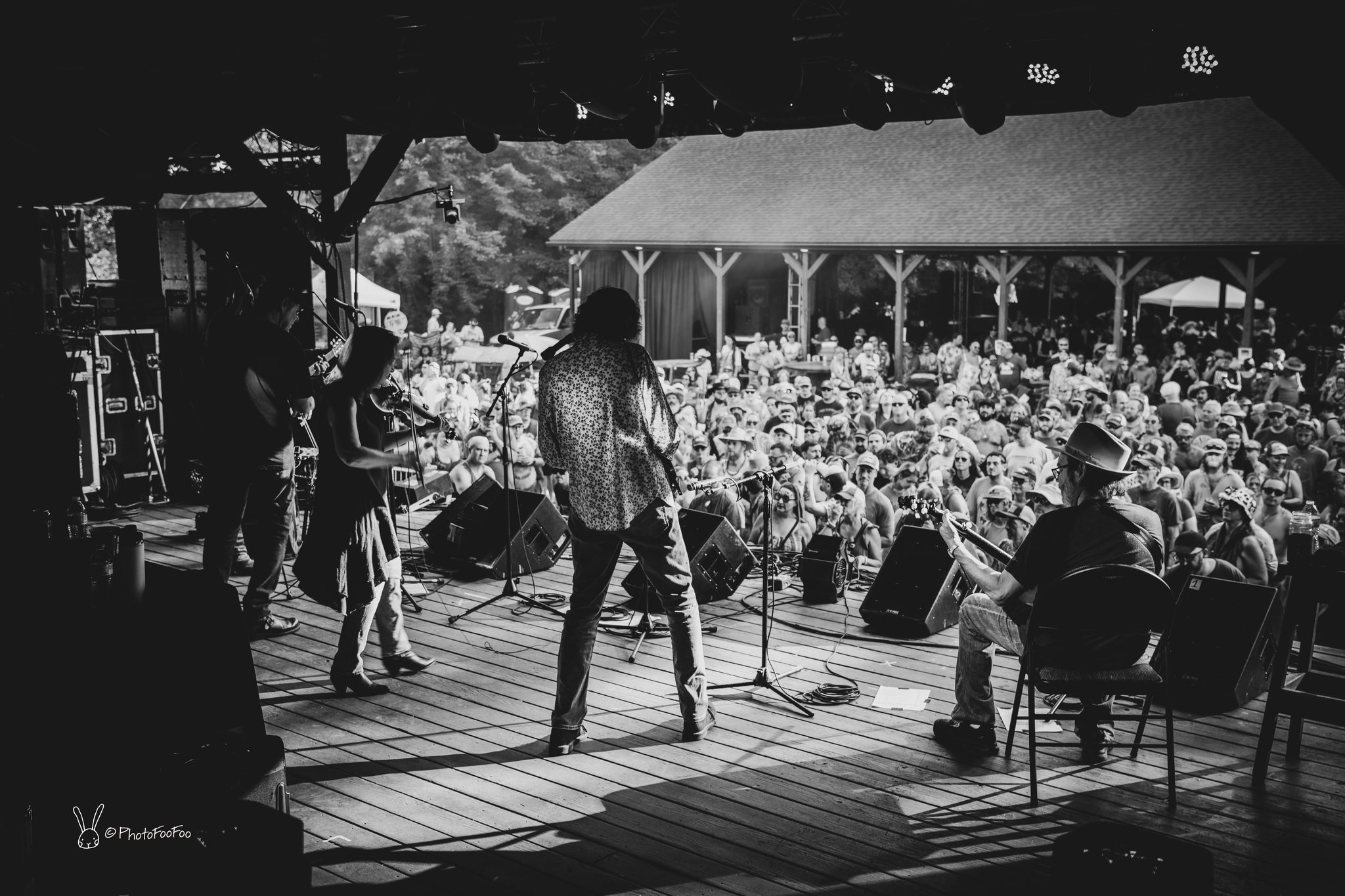
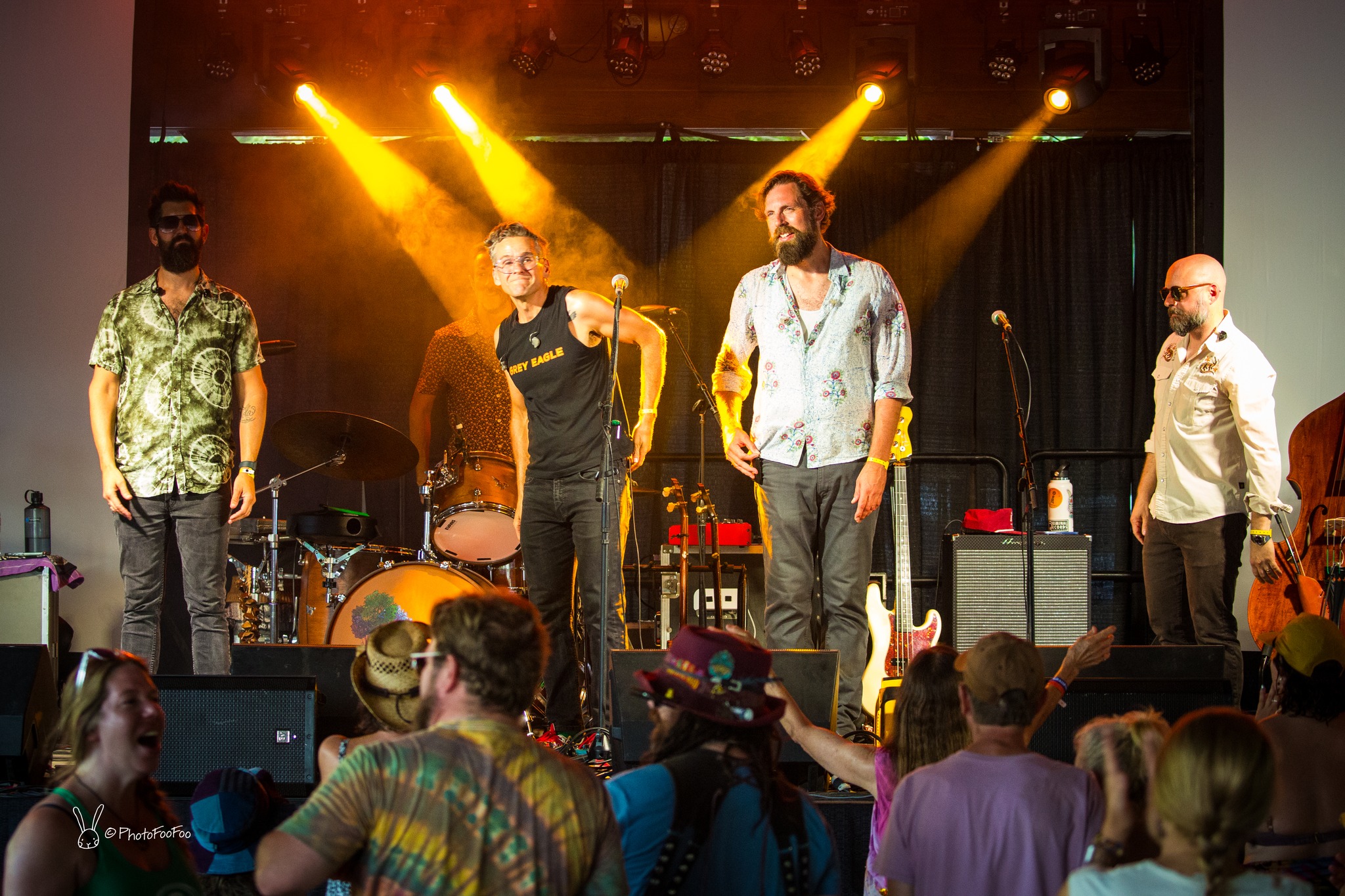
Unlike most festival grounds that host one or two events a year, Nelson Ledges hosts nine festivals each summer and welcomes campers the rest of the season. It’s a full‑time operation with permanent facilities: ice sold from a proper cooler at the gate, an air pump for inflatables, a playground and basketball court for kids, a lifeguard at the lake, and port‑a‑potties serviced on schedule. With those resources, every event here should feel world‑class, and as Evan keeps booking stronger lineups, attendees arriving from farther afield will expect nothing less.
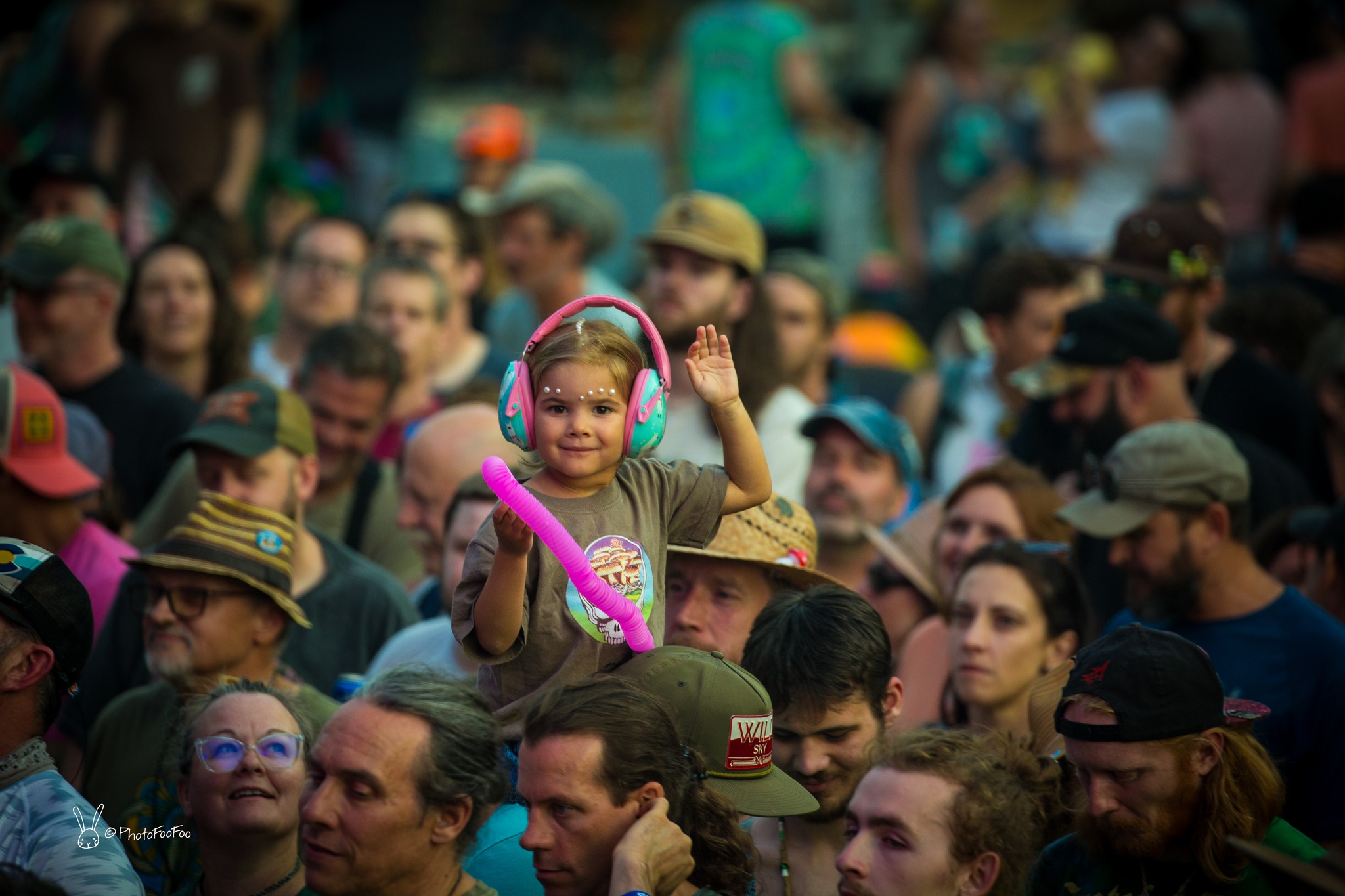
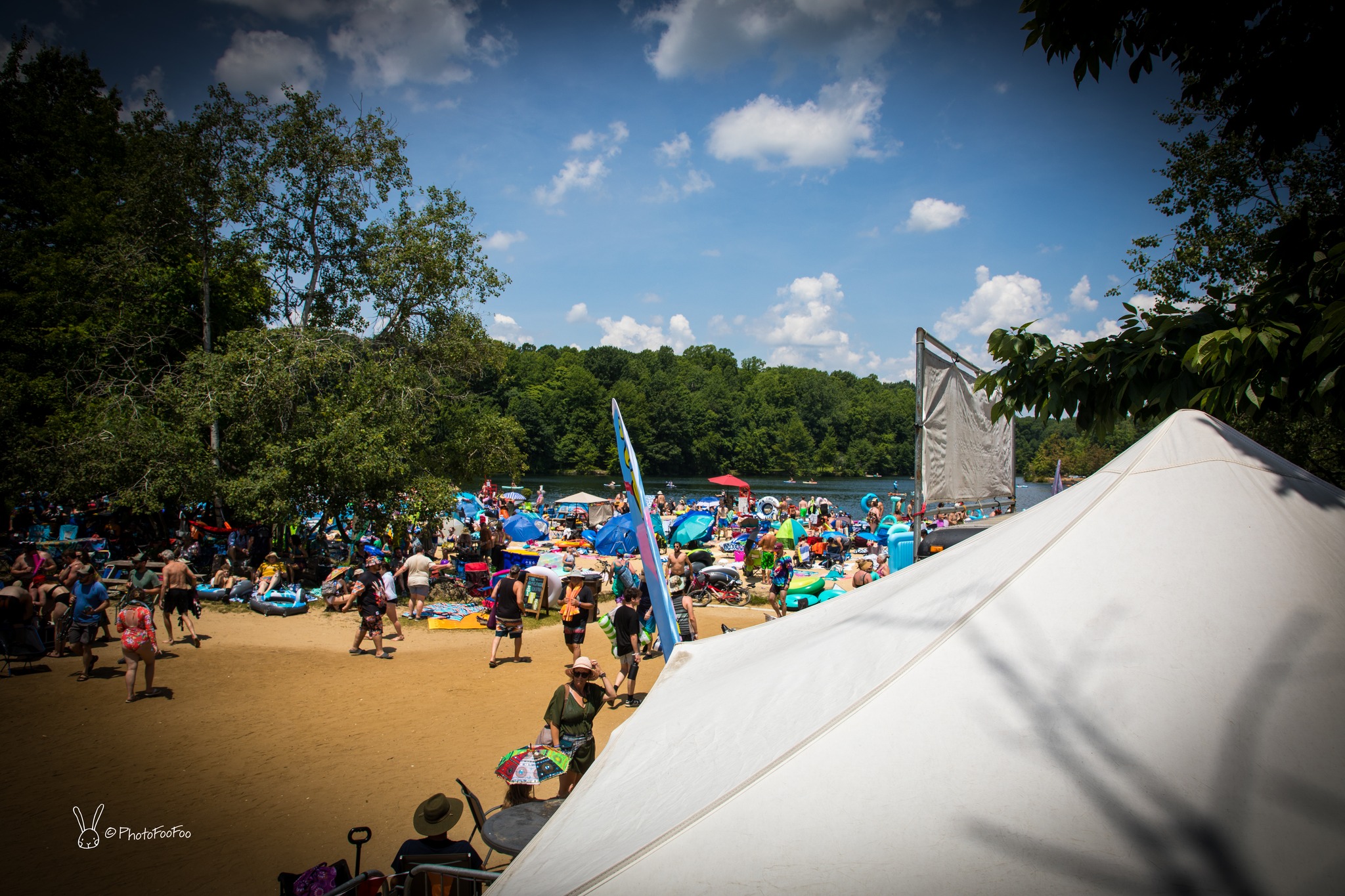
Yet the experience still falls a bit flat. Information is hard to find—basic details, such as gate hours, CPAP power options, or generator rules, aren’t posted clearly. Long‑time locals may know the drill, but the influx of first‑timers this year had nowhere to turn with questions. Set times (and even set days) shifted as late as the day before the festival, and updates were poorly communicated. There was no printed schedule on‑site; the lone whiteboard near the main stage still listed Thursday’s sets well into Friday afternoon.
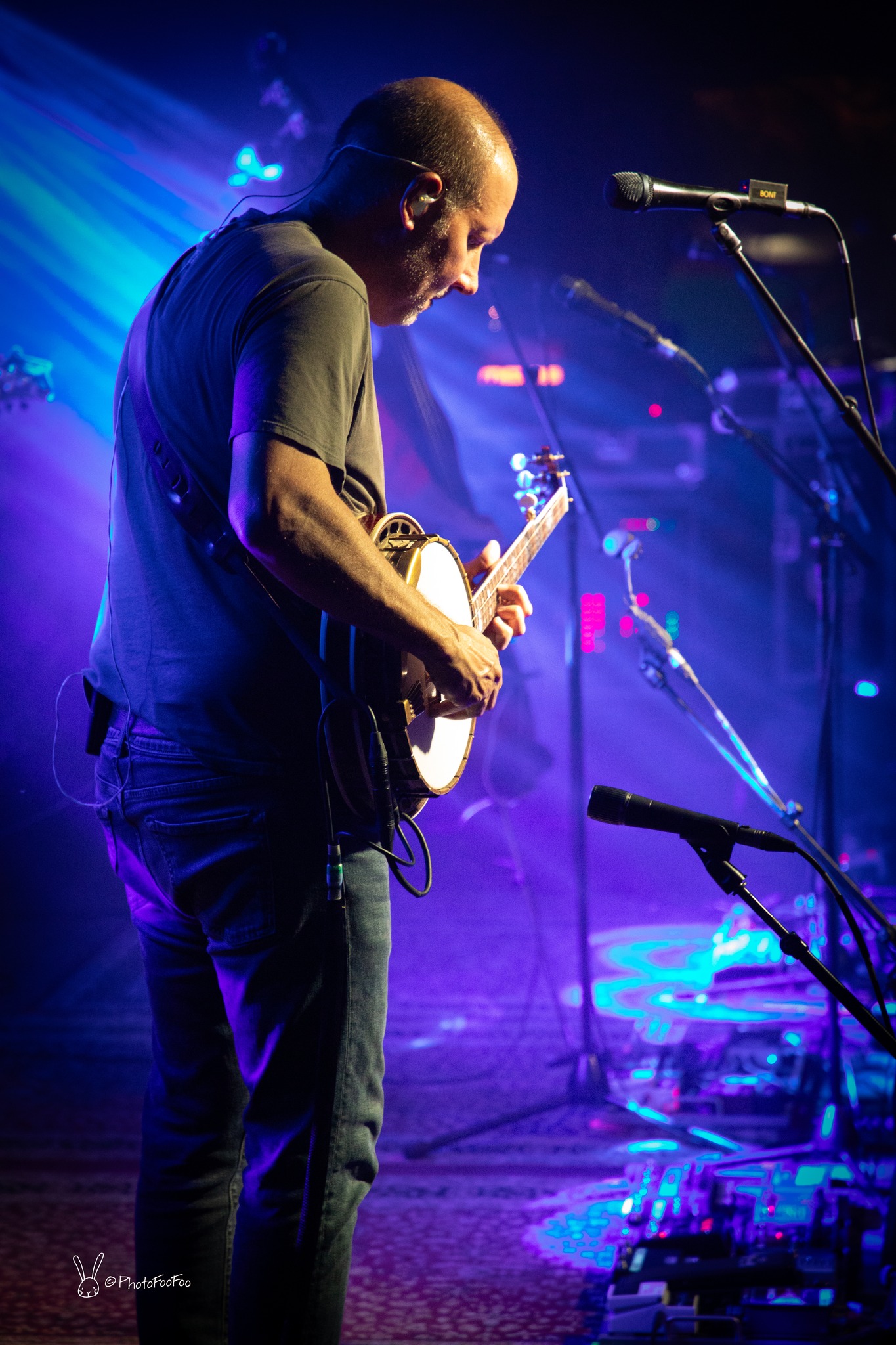
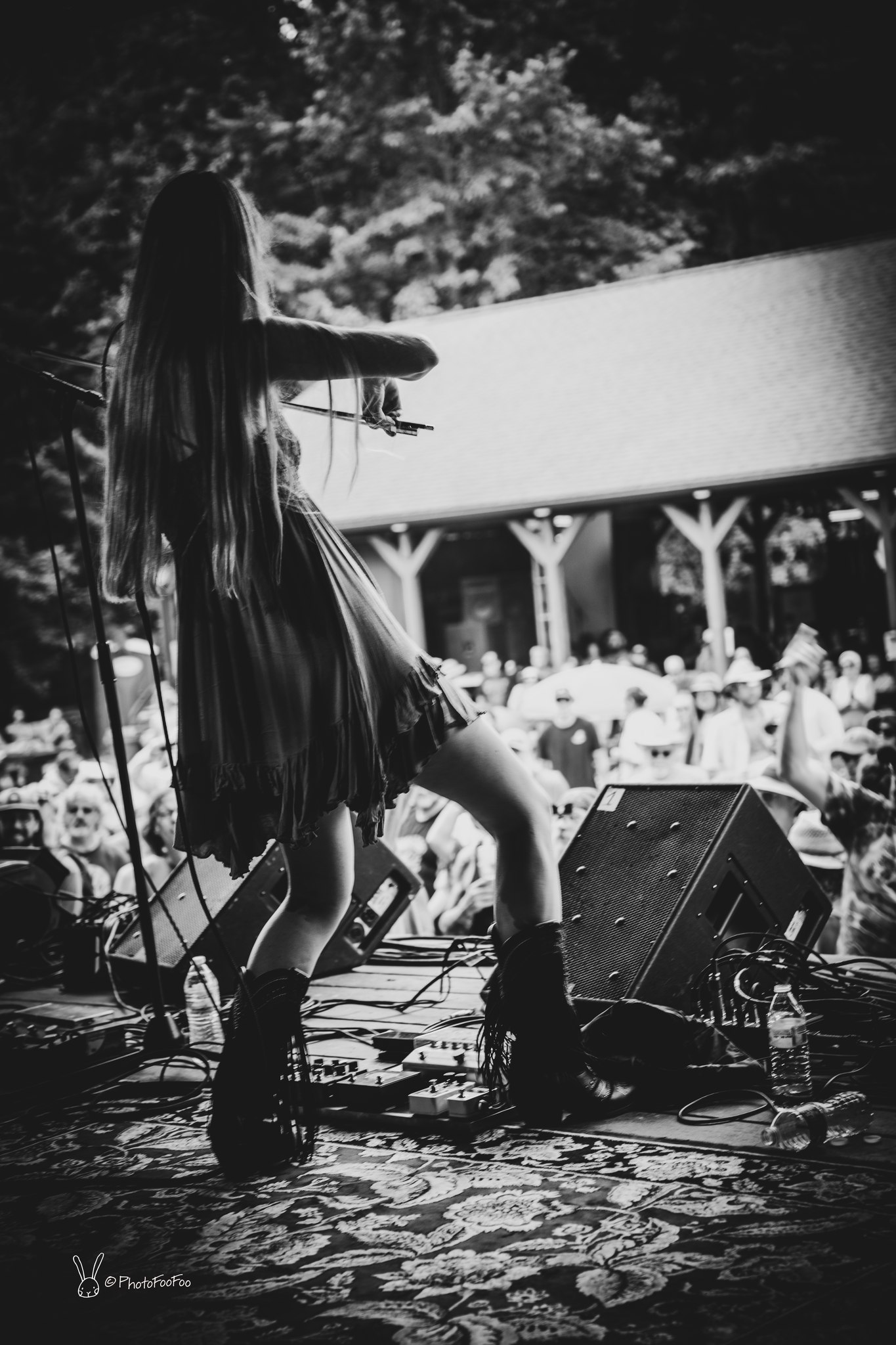

These are easy fixes, but the same issues persist year after year. Perhaps the NLQP crew, busy hosting all summer, hasn’t spent time attending peer events like Blue Ox, Grey Fox, Rooster Walk, or Legend Valley to see current best practices. Festival amenities within a three‑hour drive range from chef‑catered glamping to hike‑in, hope-it-does n’t-flood camping. Nelson Ledges sits squarely in the middle; with its frequency of events, it should be at the top.
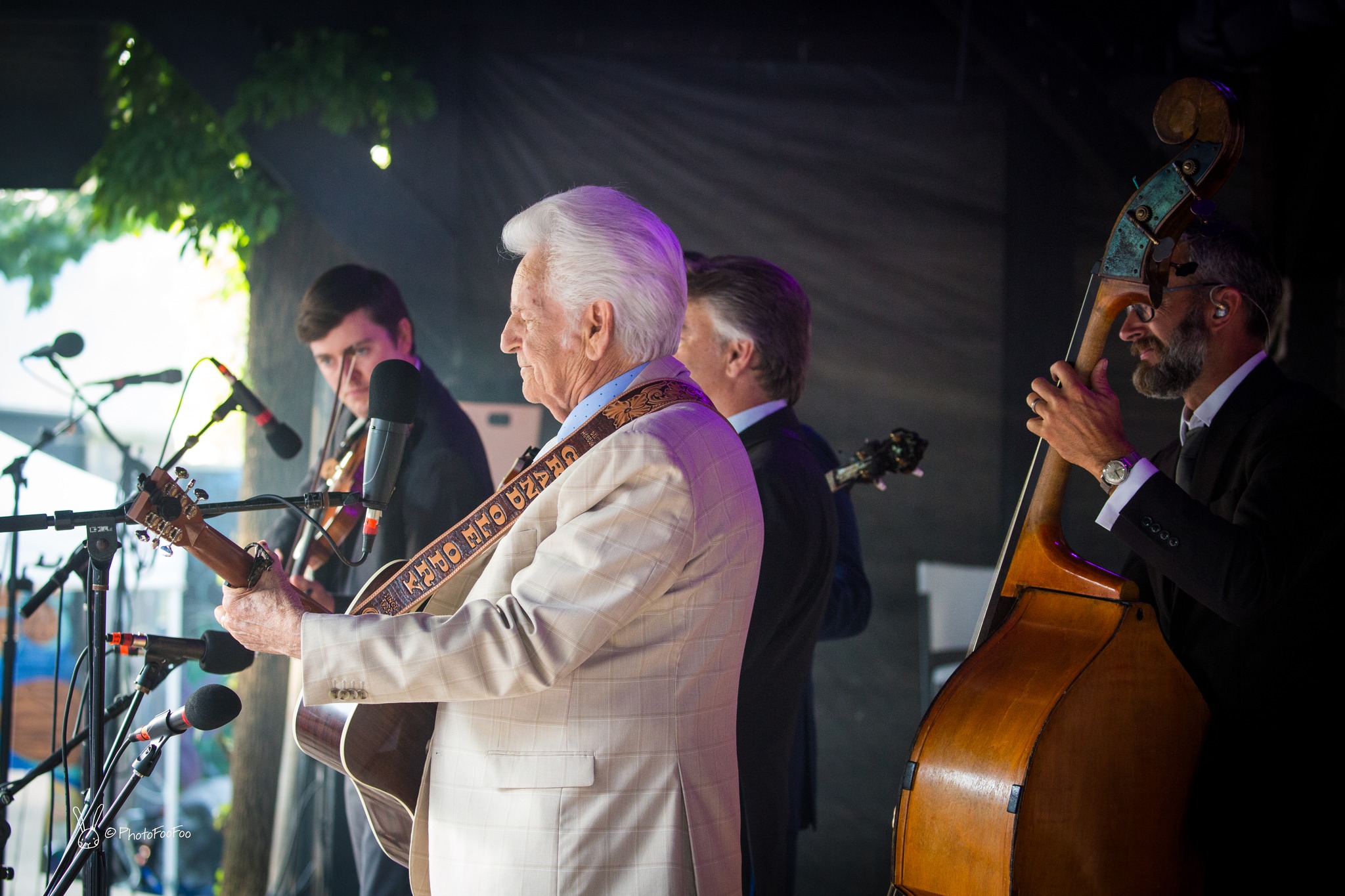
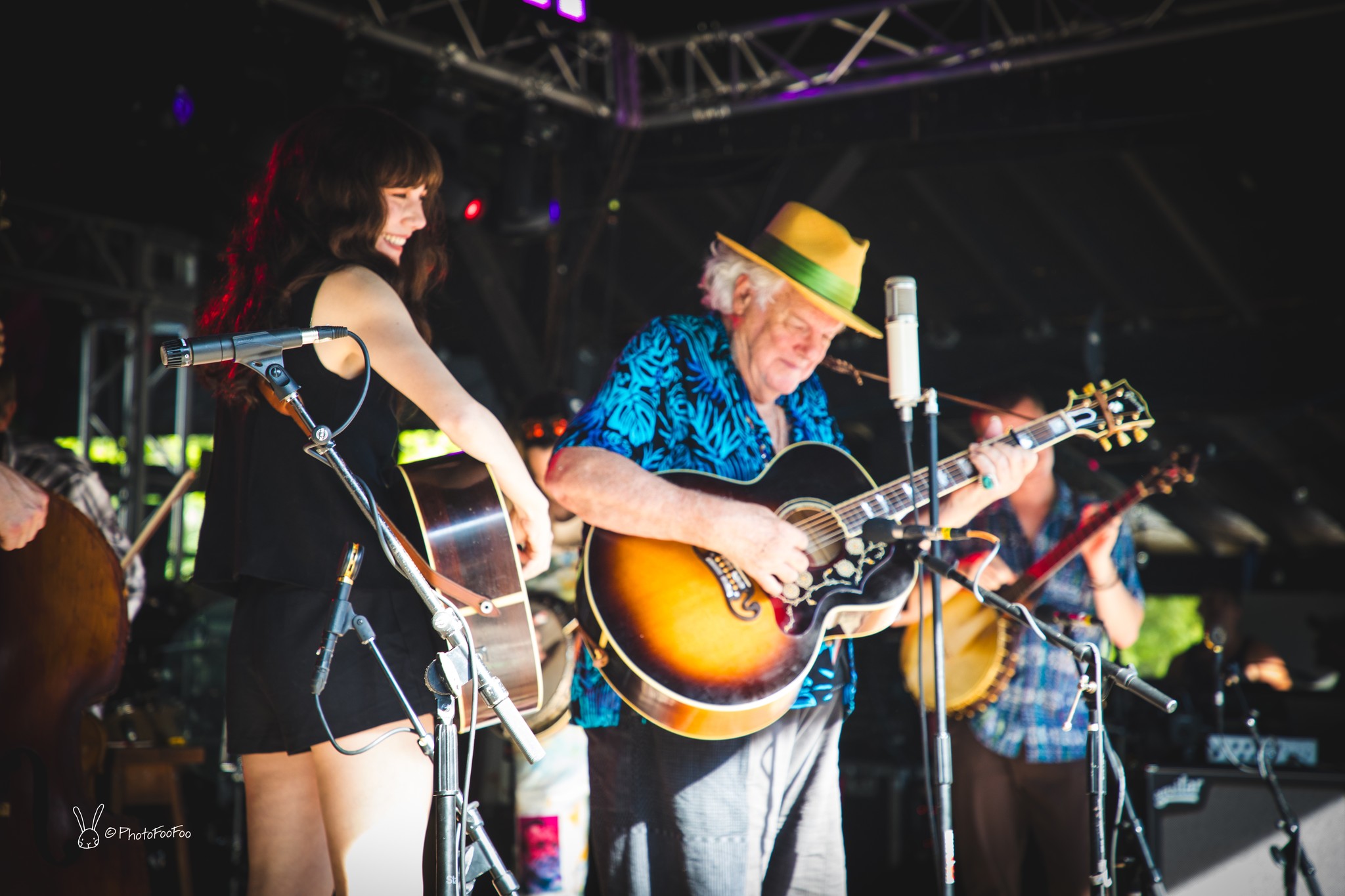
Grassfire has the potential to become the premier string‑music festival in the Midwest. The setting is gorgeous, the bands love playing here, and it's central location is easily reachable from five surrounding states. Only the owners and staff can decide if Grassfire becomes the Midwest's premier string festival or if it remains a missed opportunity.





